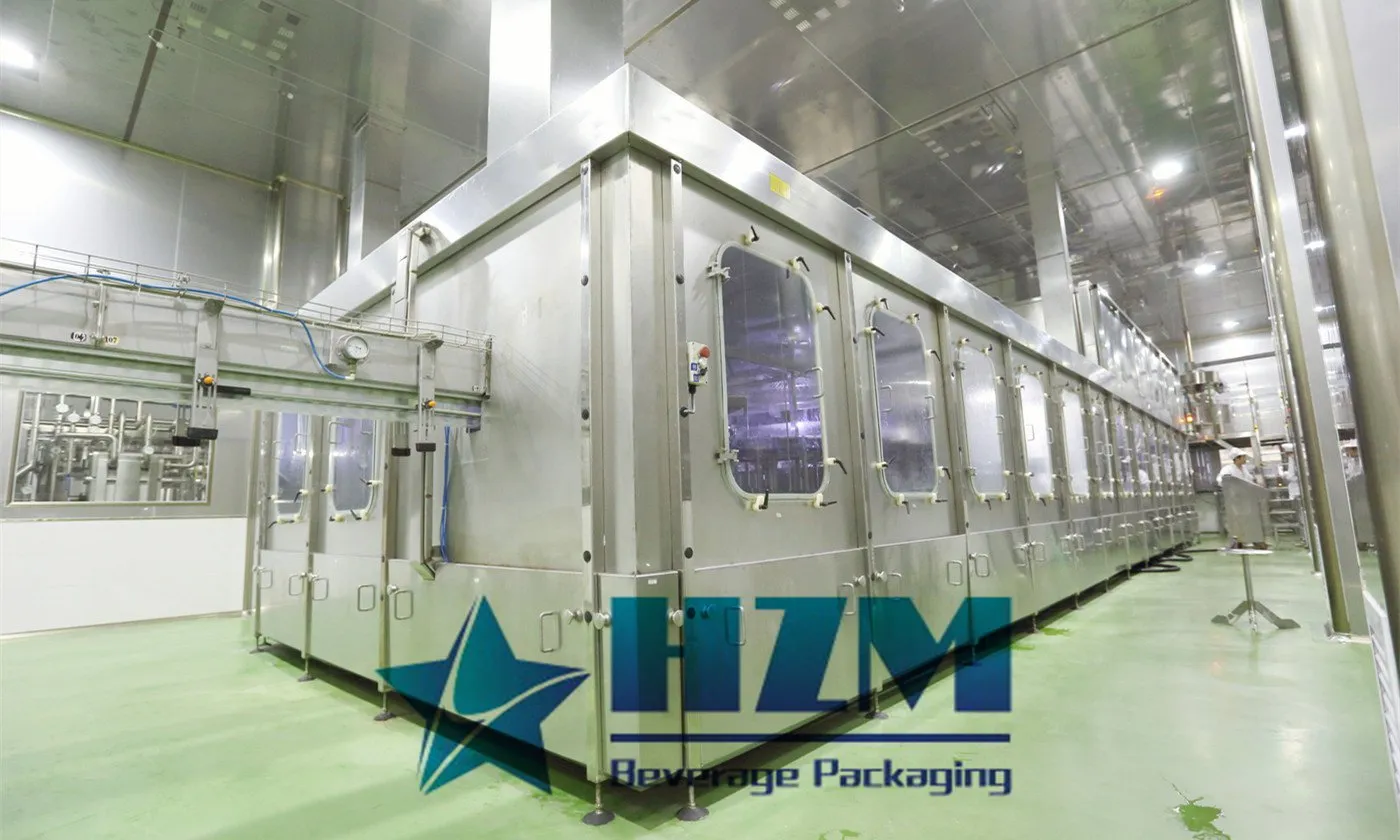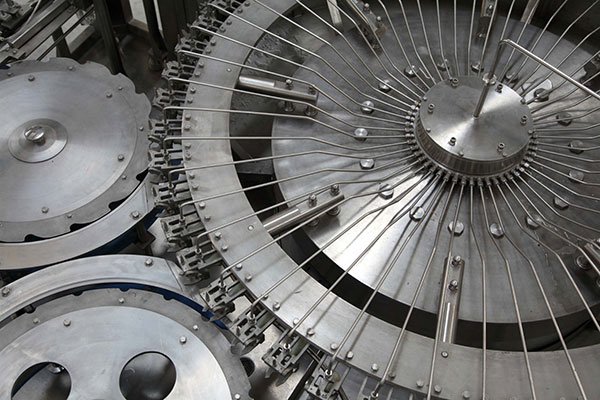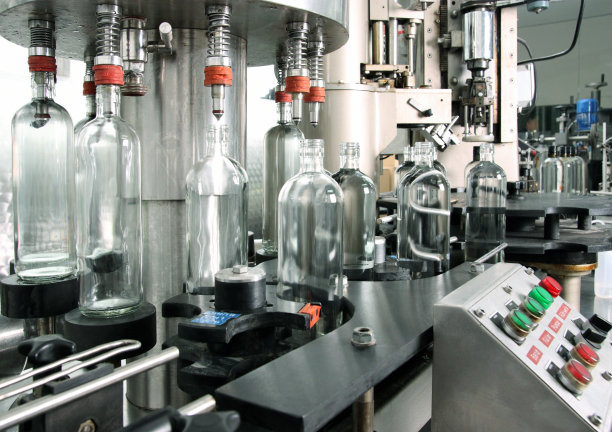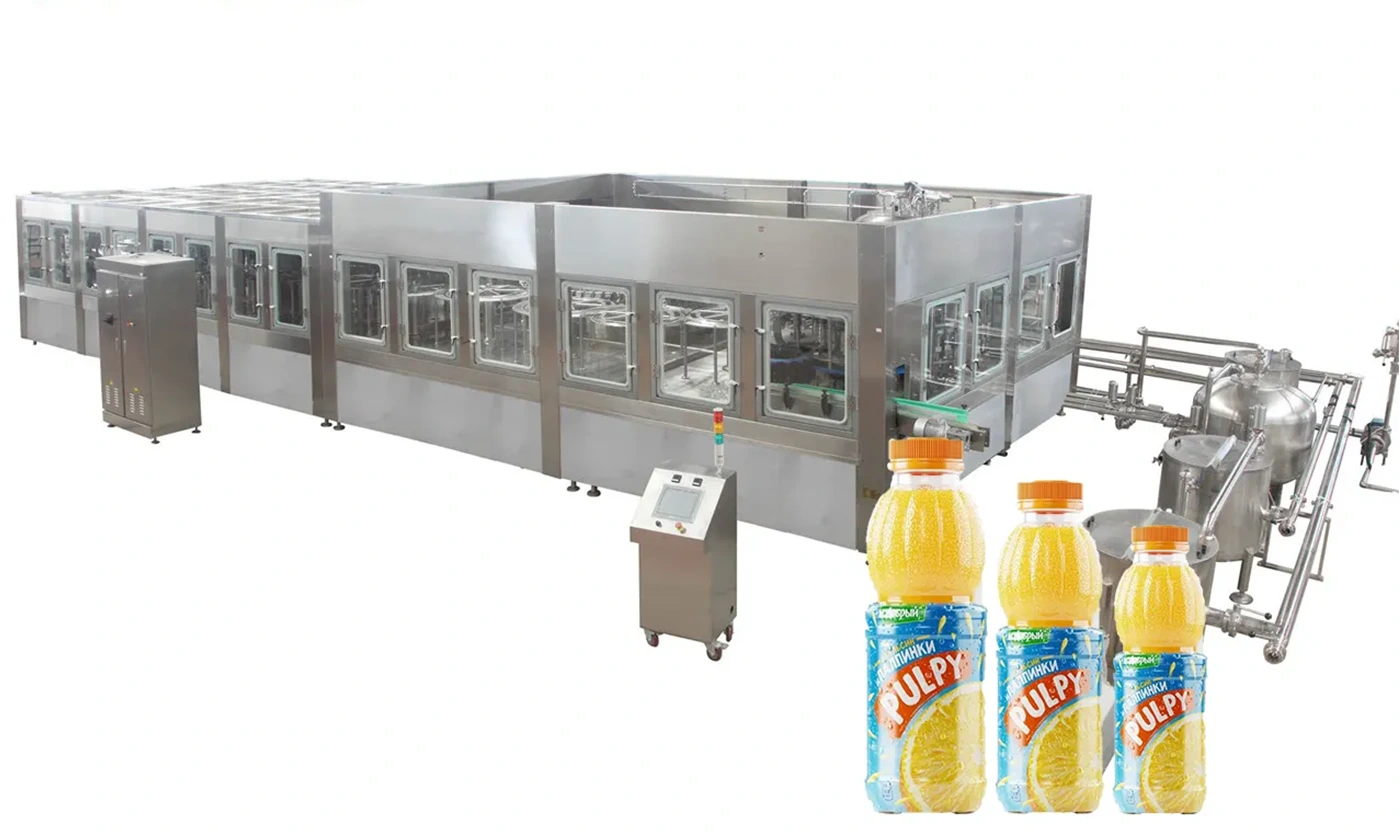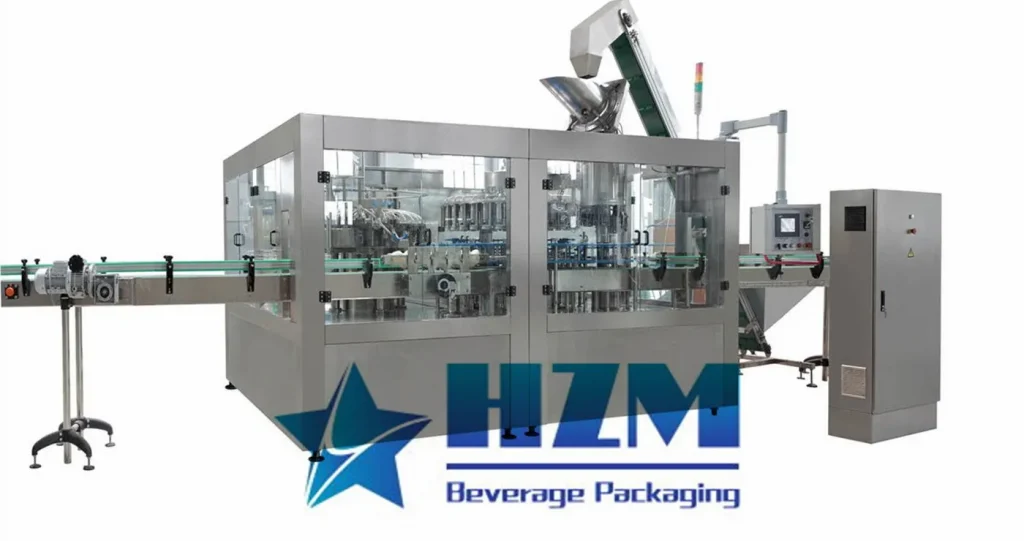How much does a set of juice beverage production line equipment cost?
The cost of a beverage production line equipment varies depending on its scale, configuration, and technical requirements. For a small-scale juice beverage production line, the investment amount will also vary based on the production scale, raw material selection, equipment quality, and complexity of the production process.
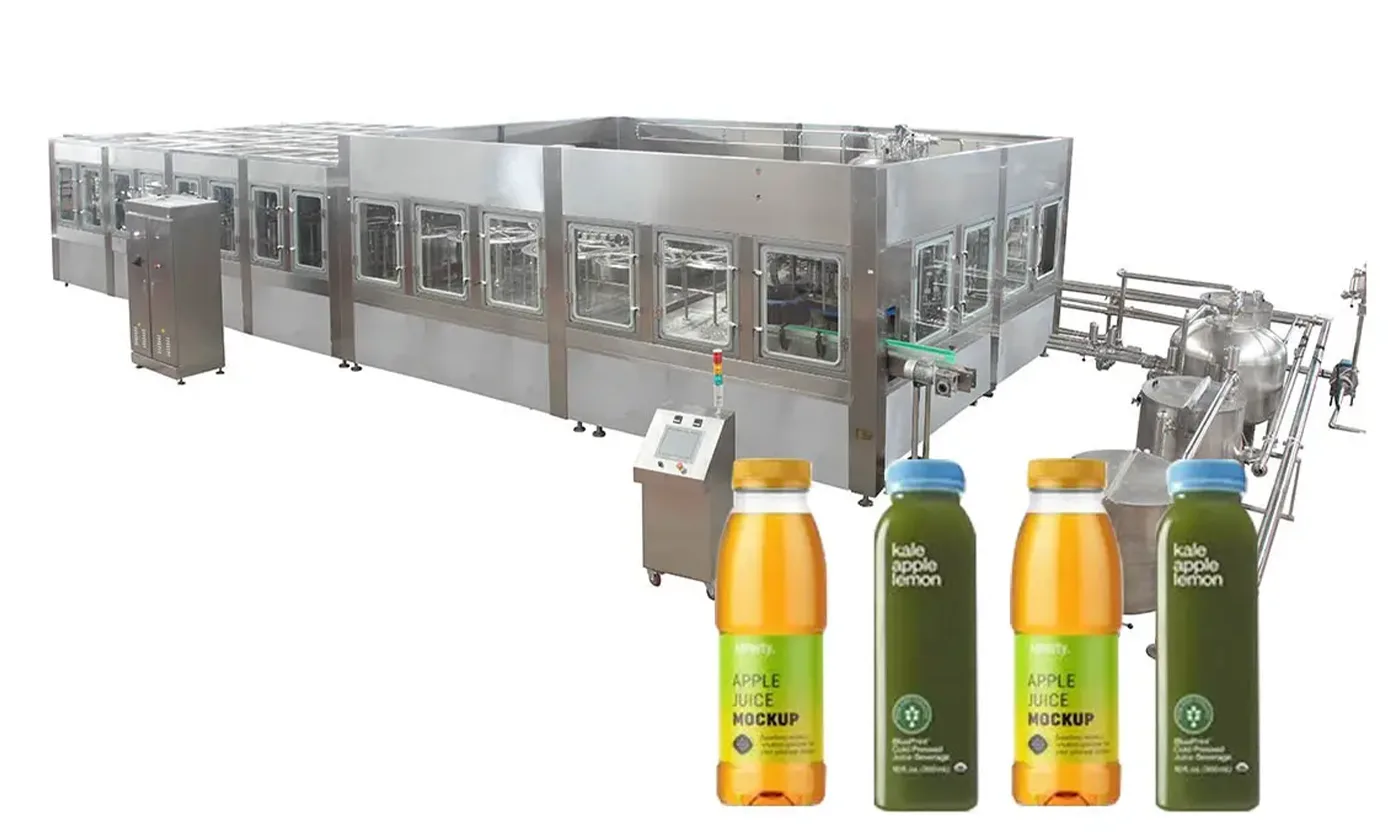
Juice beverages, especially fresh-pressed juice beverages, require a juice content of at least 10%. They are typically processed using whole fruits to retain the original taste and nutritional value. Depending on the type of juice, such as clarified juice or green juice drinks, the production process may vary. Juice beverages are commonly packaged in various forms, including cans, glass bottles, and PET bottles.
On the production line, the juice is first filtered and stored in a temporary tank. It is then pumped into a blending tank through a beverage pump. The blending tank system consists of multiple equipment, including raw material storage tanks, beverage pumps, sugar melting kettles, blending tanks, homogenizers, vacuum degassing tanks, and sterilization machines. These equipment are connected through pipelines to form a complete blending production line. After blending, the juice undergoes ultra-high-temperature instant sterilization to ensure hygiene and safety. The parts that come into contact with the liquid are made of 304 stainless steel, meeting hygiene standards.
Due to the high cost of using whole fruits directly, many juice beverages are made by blending processed juice concentrate or pulp. Therefore, the water used for blending also requires high quality. To ensure the taste and quality of the juice beverage, the production line is usually equipped with a source water filtration system. This system uses 304 stainless steel particle filters to effectively remove impurities from the water, improving its quality.
Before filling, the beverage undergoes high-temperature sterilization. The sterilization temperature and time are determined based on the product's characteristics and process requirements. To reduce costs, ultra-high-temperature instant sterilization equipment can be considered. The sterilized beverage is then poured into the filling machine while still hot. The filling machines produced by our factory can handle beverages at temperatures ranging from 85-95°C and are equipped with functions for rinsing, filling, and sealing. They can be customized to suit different types of bottles, including plastic and glass bottles.
To ensure food safety, the liquid cylinders and valves used in the filling process are made of 304 stainless steel that can withstand high temperatures. Additionally, considering that bottles may be contaminated by dust and debris during transportation and use, it is recommended to install a cap sterilization system. This system connects directly to the filling machine in a linear manner and interfaces with an automatic capping machine. The capping machine uses a gravity-based lifting mechanism to reduce the occurrence of misaligned caps and simplifies manual operations. Inline capping machines also sterilize the caps before using sterile water to rinse them clean.
After the beverage is filled, the high temperature of the beverage inside the bottle can lead to the loss of nutritional components in fruit-based juice beverages. Therefore, it is common to use external cooling methods. A tunnel-type spray cooling tunnel is typically used for this purpose. The tunnel-type spray cooling tunnel achieves rapid and uniform cooling through multi-stage cooling and multiple temperature zones. The same temperature water can be recycled and reused, improving energy efficiency.
Finally, for convenient transportation and efficiency, bottled beverages need to be packed. There are two main packaging types: plastic film packaging and carton packaging. The plastic film, usually made of PE material, is cut and used to wrap the products, followed by high-temperature shrinkage. Fully automatic equipment can package bottled water into individual units using a fully automatic heat shrink film wrapping machine. Alternatively, carton packaging involves manually or automatically grabbing bottles into cartons and sealing them. If fully automatic equipment is used, it is known as a fully automatic carton packaging machine.
In summary, the cost of a beverage production line equipment varies depending on various factors, and a customized quote needs to be provided based on specific requirements and configurations. For a small-scale juice beverage production line, the investment amount will also vary based on the production scale and process requirements. Therefore, when selecting equipment and developing an investment plan, it is recommended to consult with professional equipment suppliers for detailed discussions and advice to maximize investment returns.
TAG: Juice Beverage Filling Machine Juice Beverage Production Line



-
![Beverage opens the era of diversified consumption]() Beverage opens the era of diversified consumptionMar , 24 /2023
Beverage opens the era of diversified consumptionMar , 24 /2023 -
![What is a Beverage Filling Machine?]() What is a Beverage Filling Machine?Jul , 10 /2023
What is a Beverage Filling Machine?Jul , 10 /2023 -
![Beverage Filling Machine Prices: Balancing Cost and Value]() Beverage Filling Machine Prices: Balancing Cost and ValueJul , 10 /2023
Beverage Filling Machine Prices: Balancing Cost and ValueJul , 10 /2023 -
![Glass Bottle Beverage Filling Machine: Creating a Perfect Fusion of Taste and Visual Delight]() Glass Bottle Beverage Filling Machine: Creating a Perfect Fusion of Taste and Visual DelightJul , 10 /2023
Glass Bottle Beverage Filling Machine: Creating a Perfect Fusion of Taste and Visual DelightJul , 10 /2023 -
![How to Choose a Fruit Juice Beverage Production Line]() How to Choose a Fruit Juice Beverage Production LineFeb , 21 /2024
How to Choose a Fruit Juice Beverage Production LineFeb , 21 /2024 -
![Regular Maintenance Procedures for Fruit and Vegetable Juice Beverage Production Line]() Regular Maintenance Procedures for Fruit and Vegetable Juice Beverage Production LineMar , 14 /2024
Regular Maintenance Procedures for Fruit and Vegetable Juice Beverage Production LineMar , 14 /2024 -
![Unlocking the Potential of Juice Beverage Equipment]() Unlocking the Potential of Juice Beverage EquipmentMar , 25 /2024
Unlocking the Potential of Juice Beverage EquipmentMar , 25 /2024





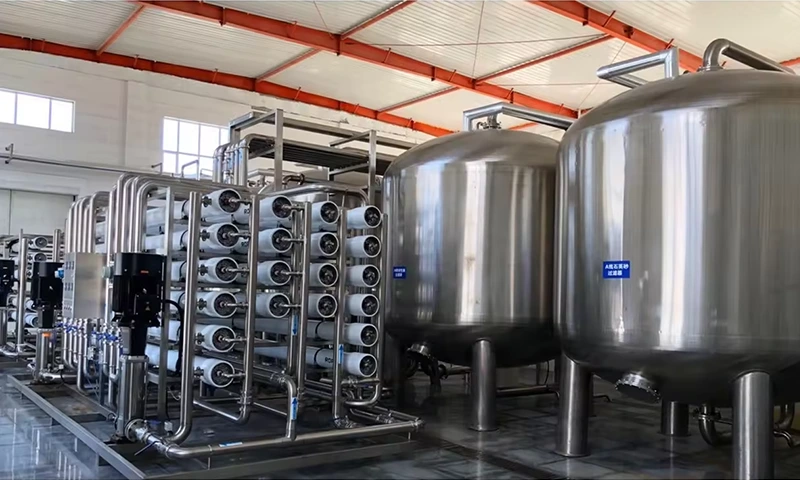
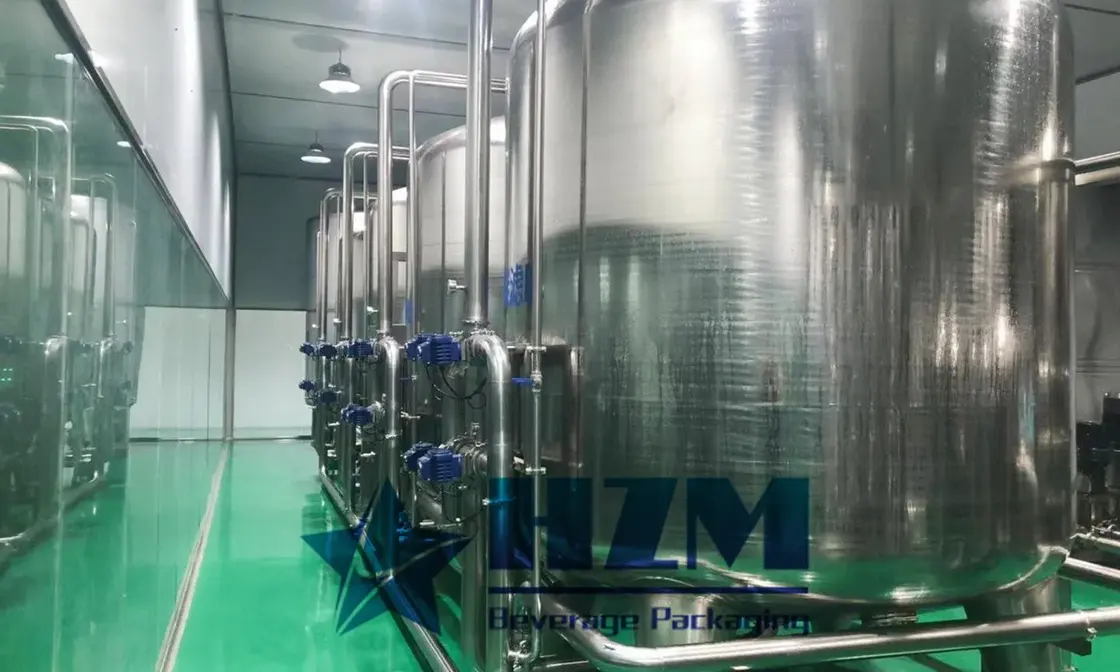
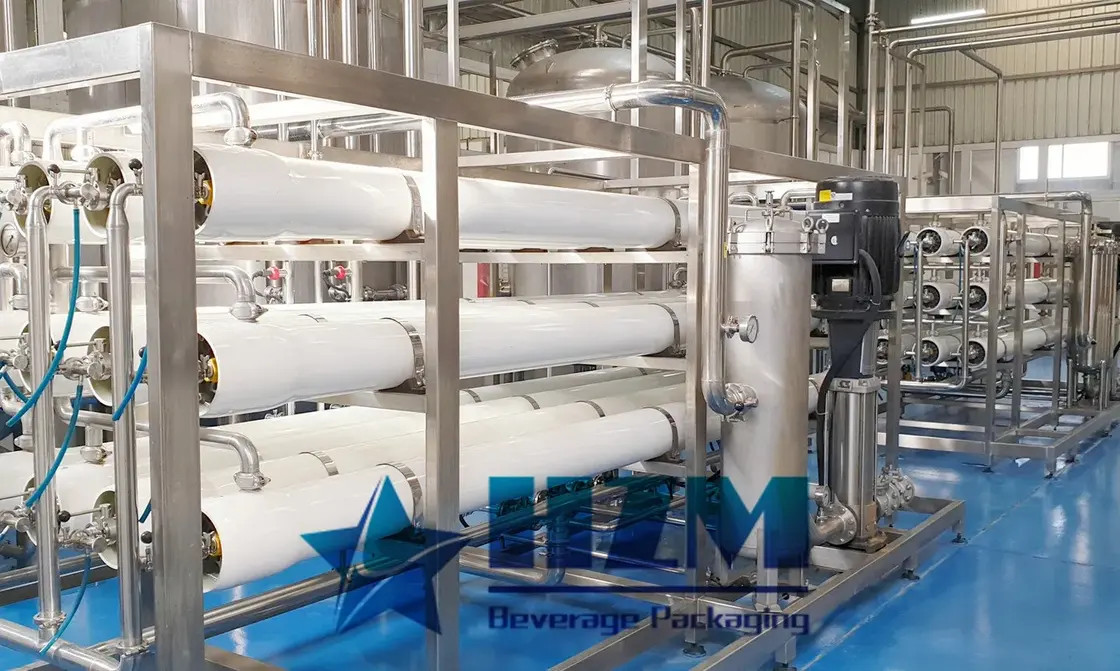
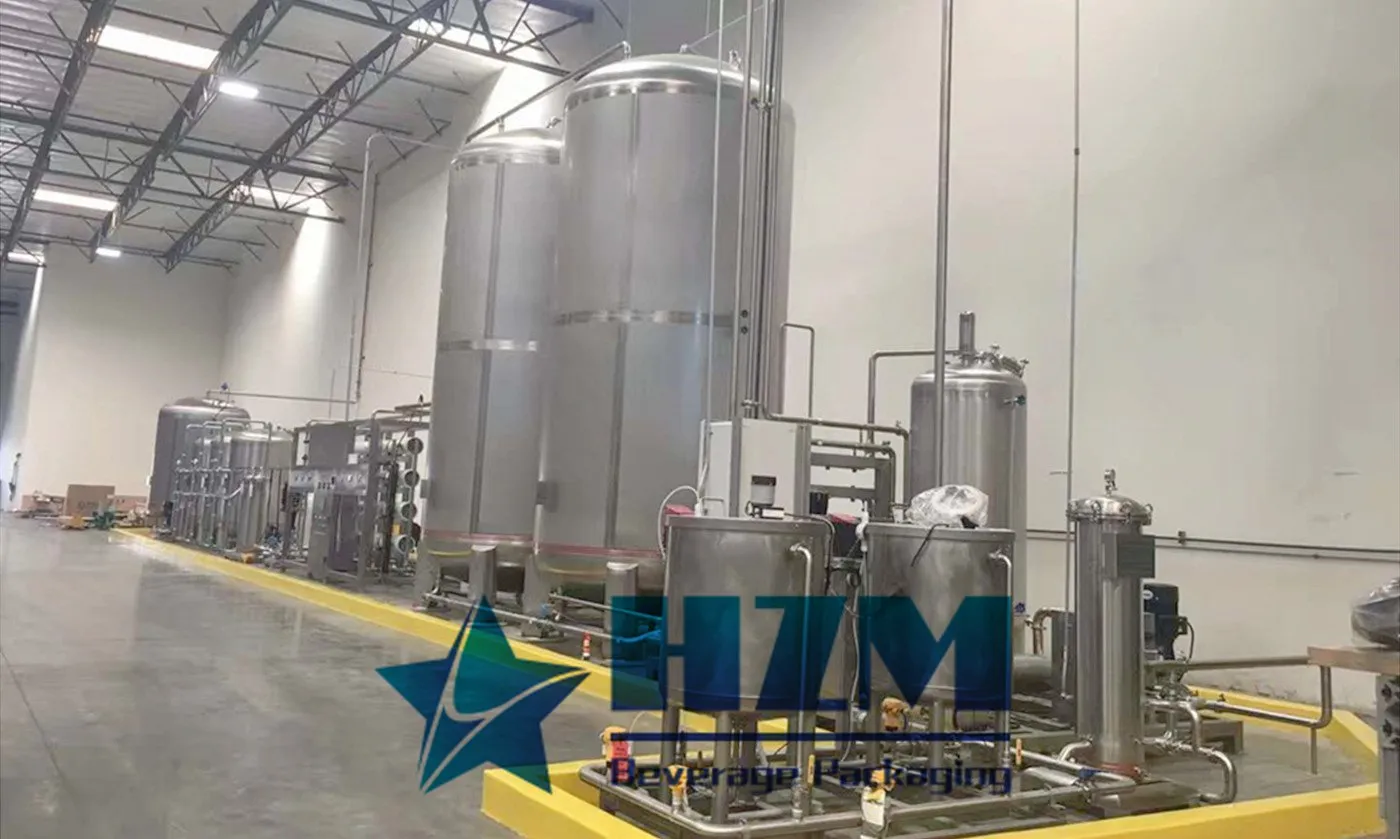
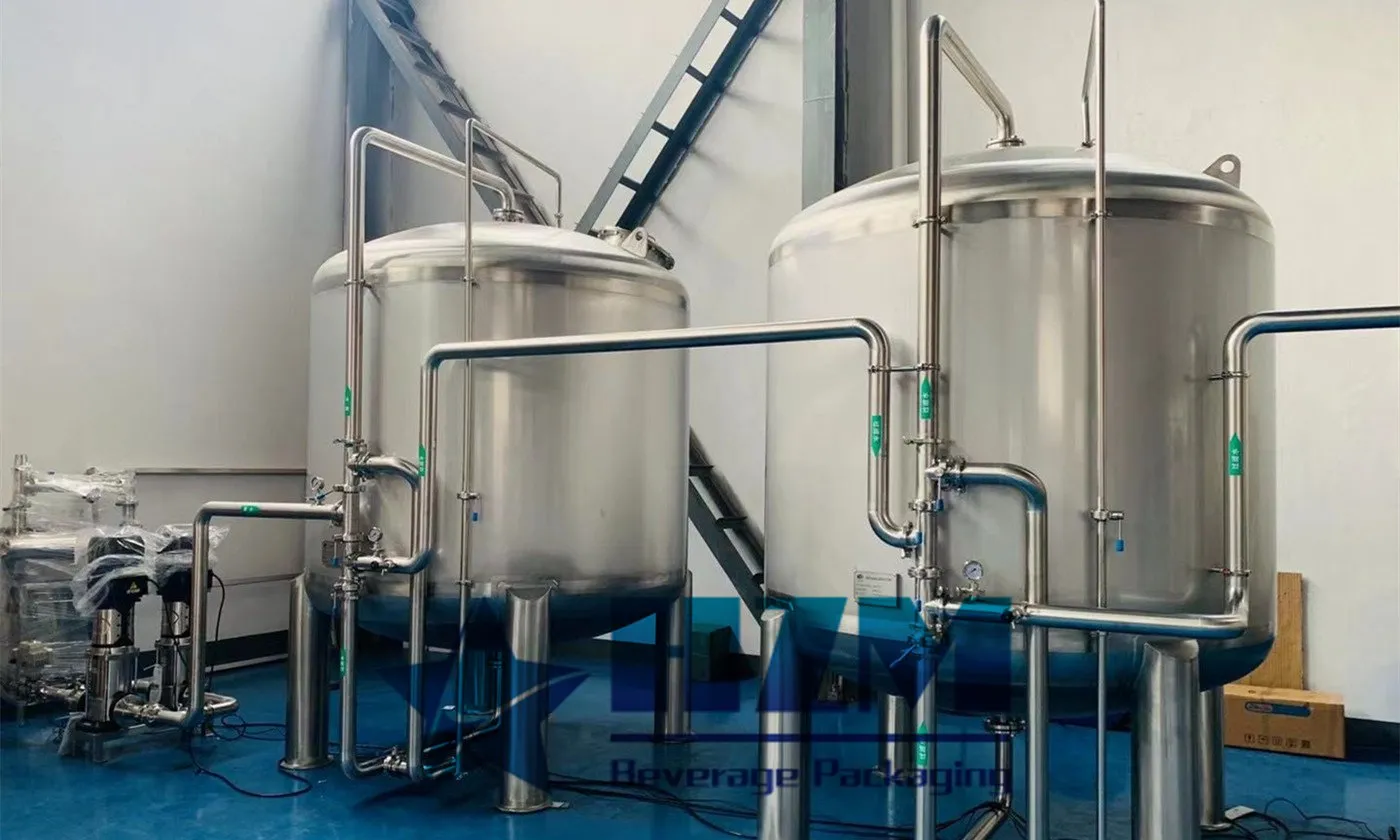
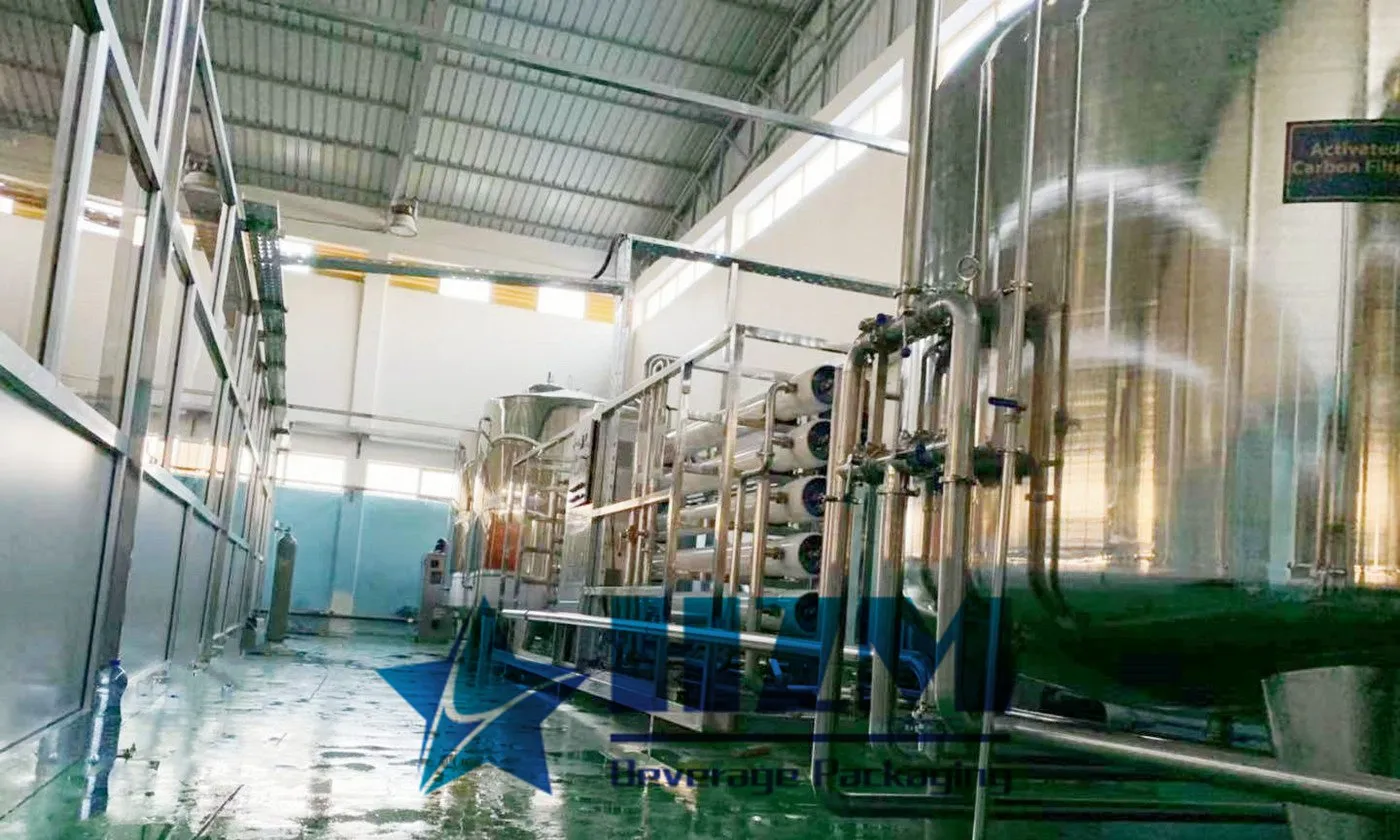
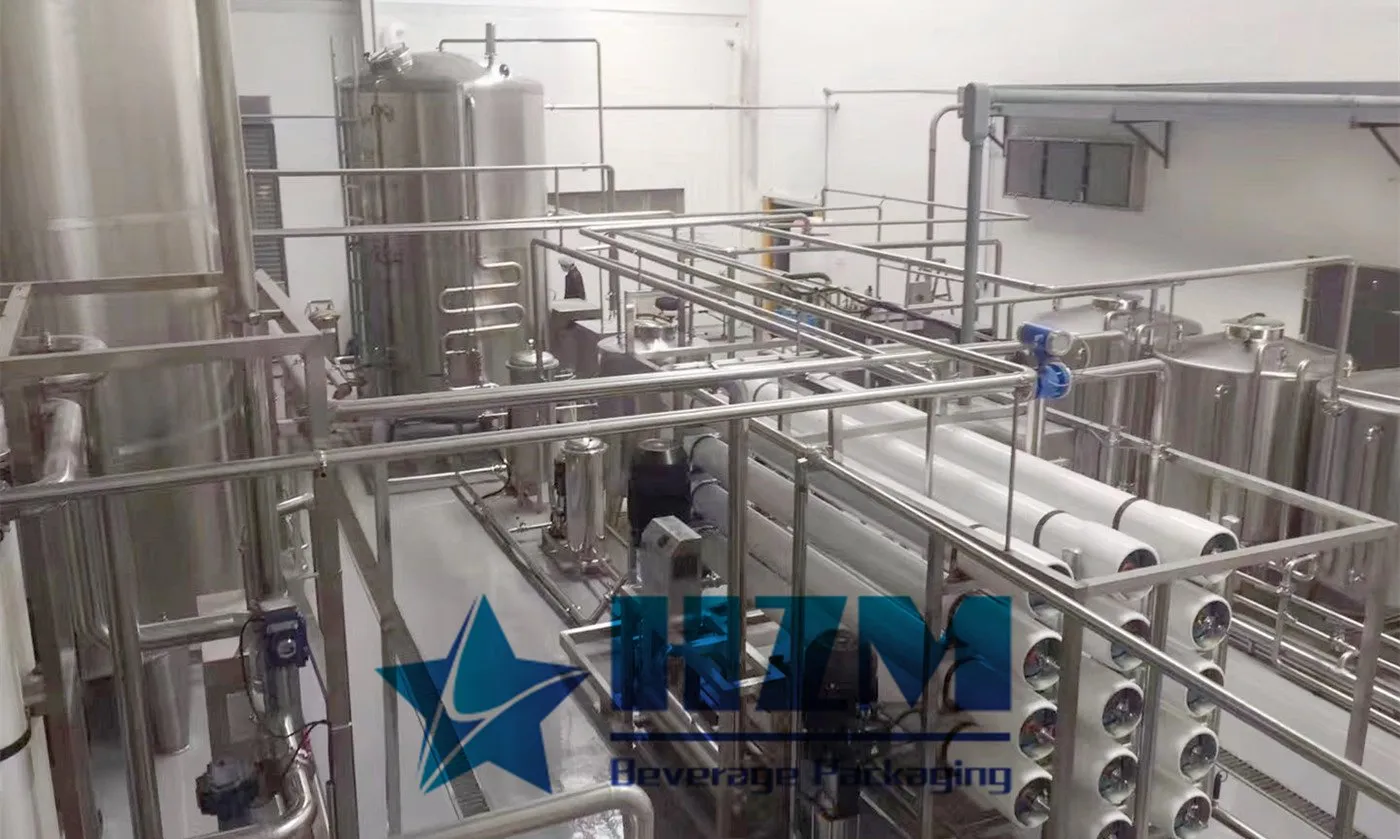
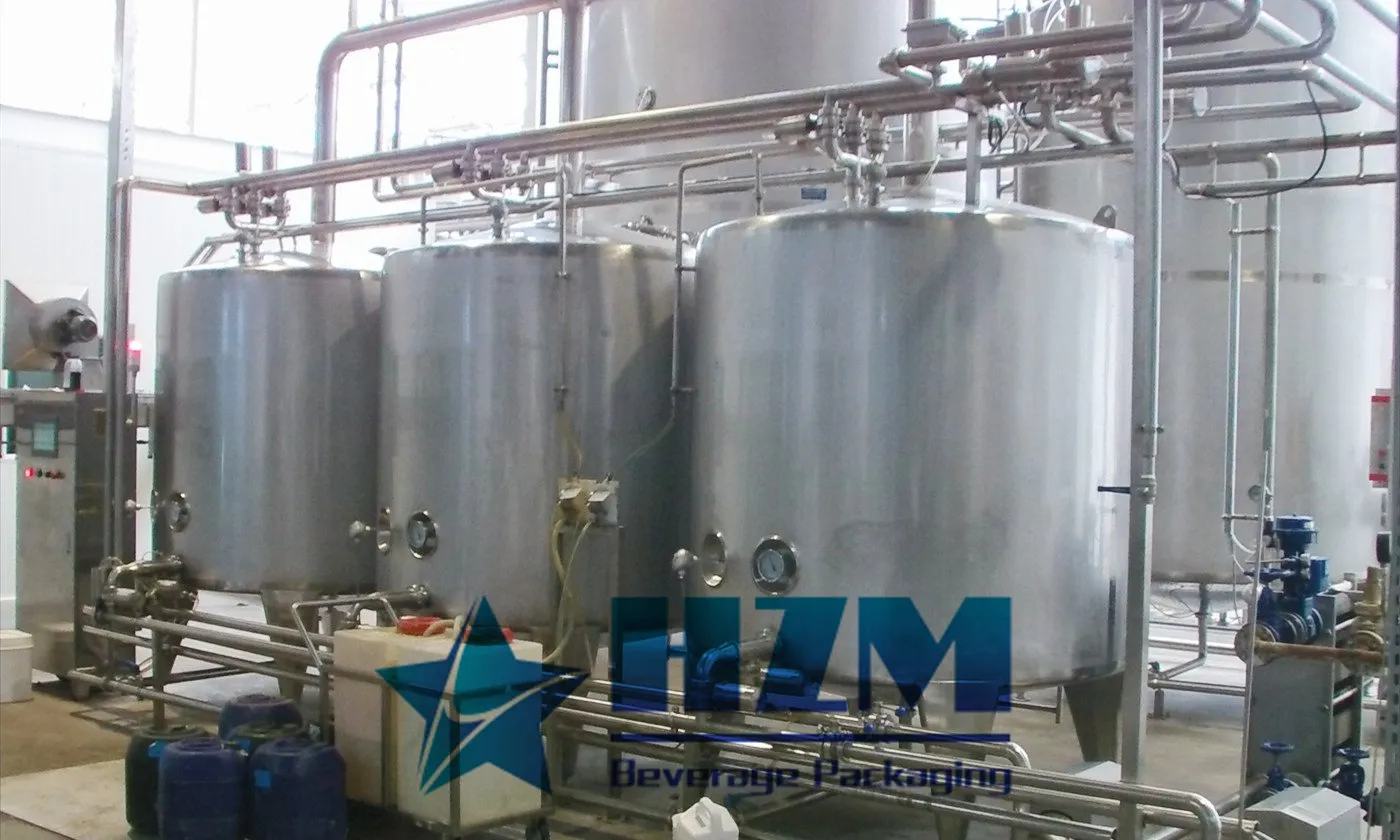
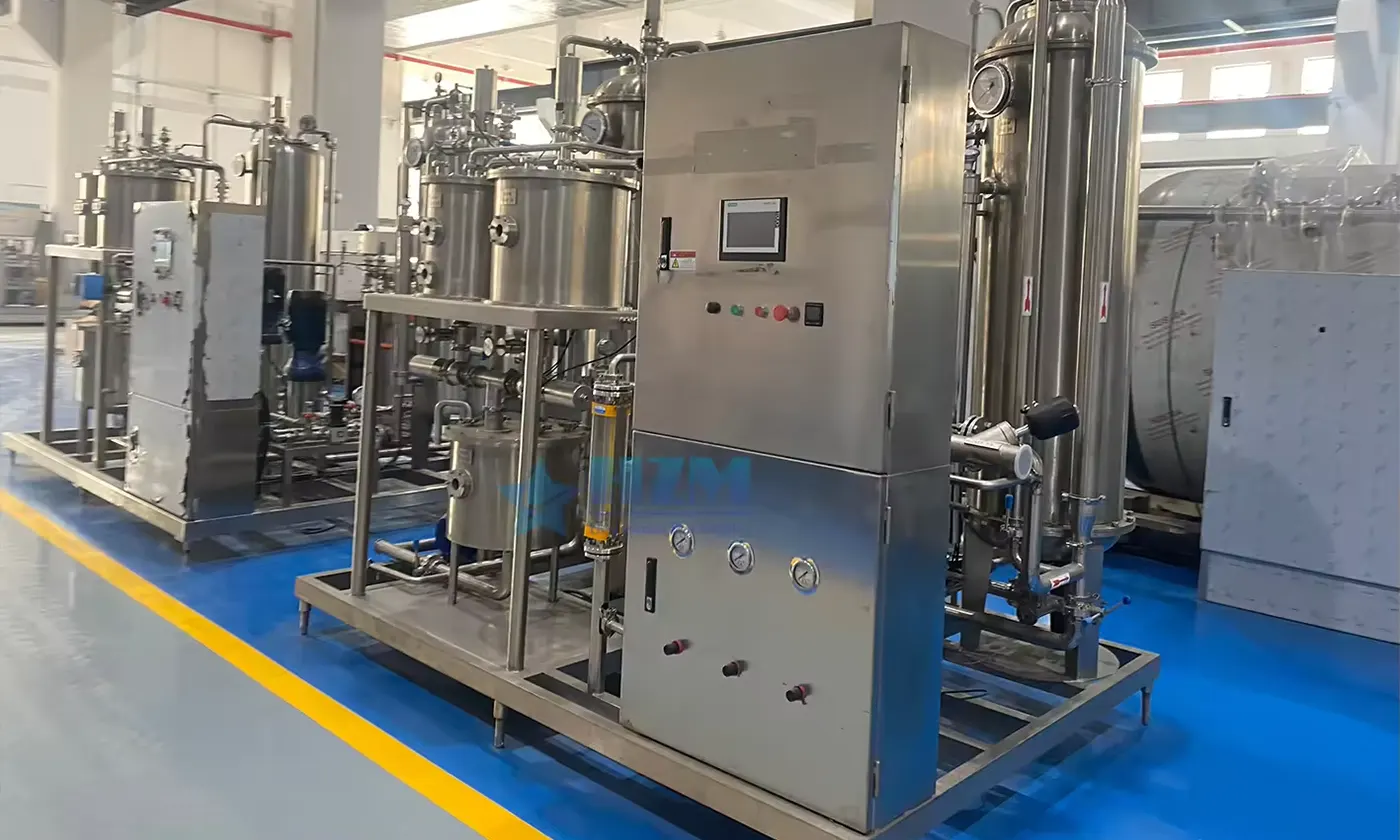
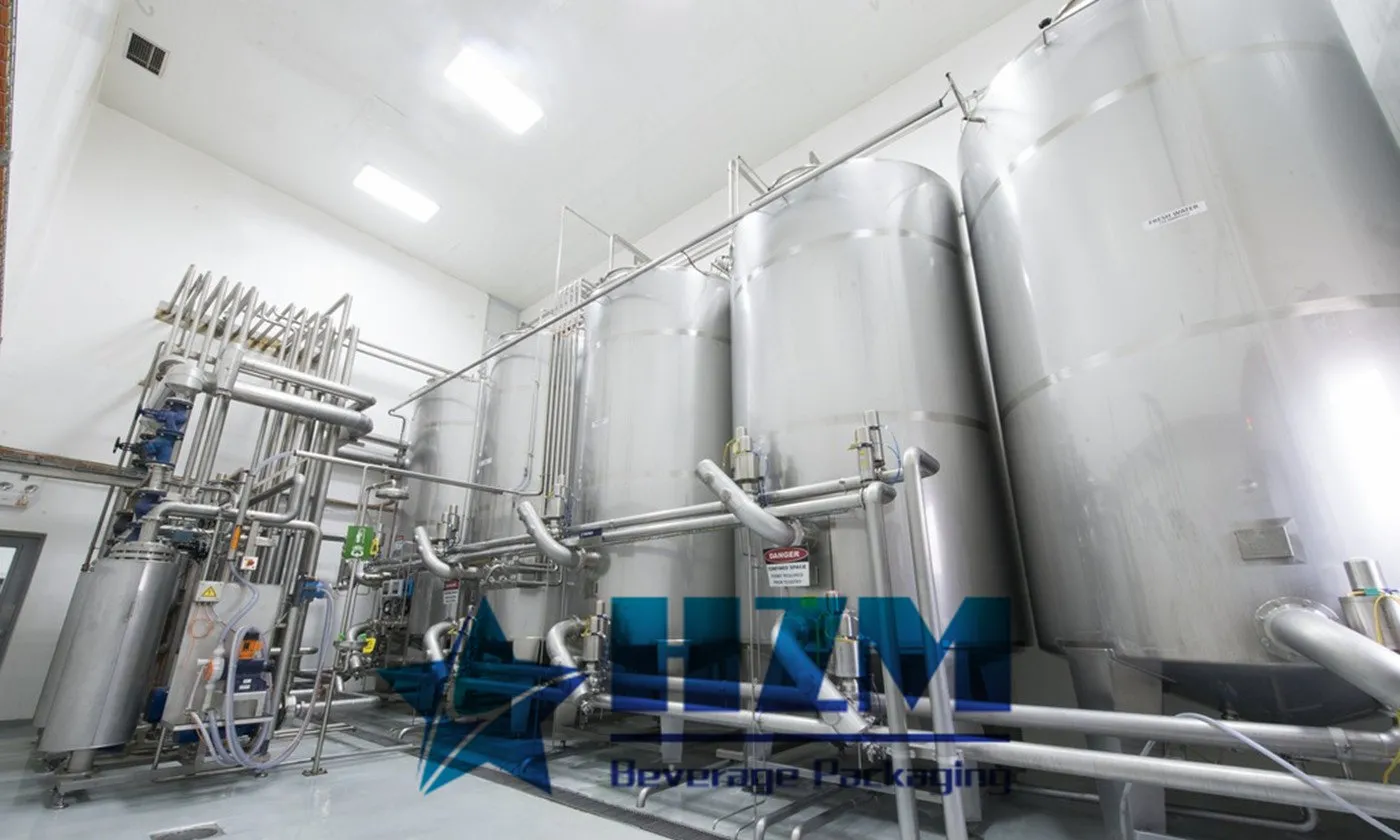
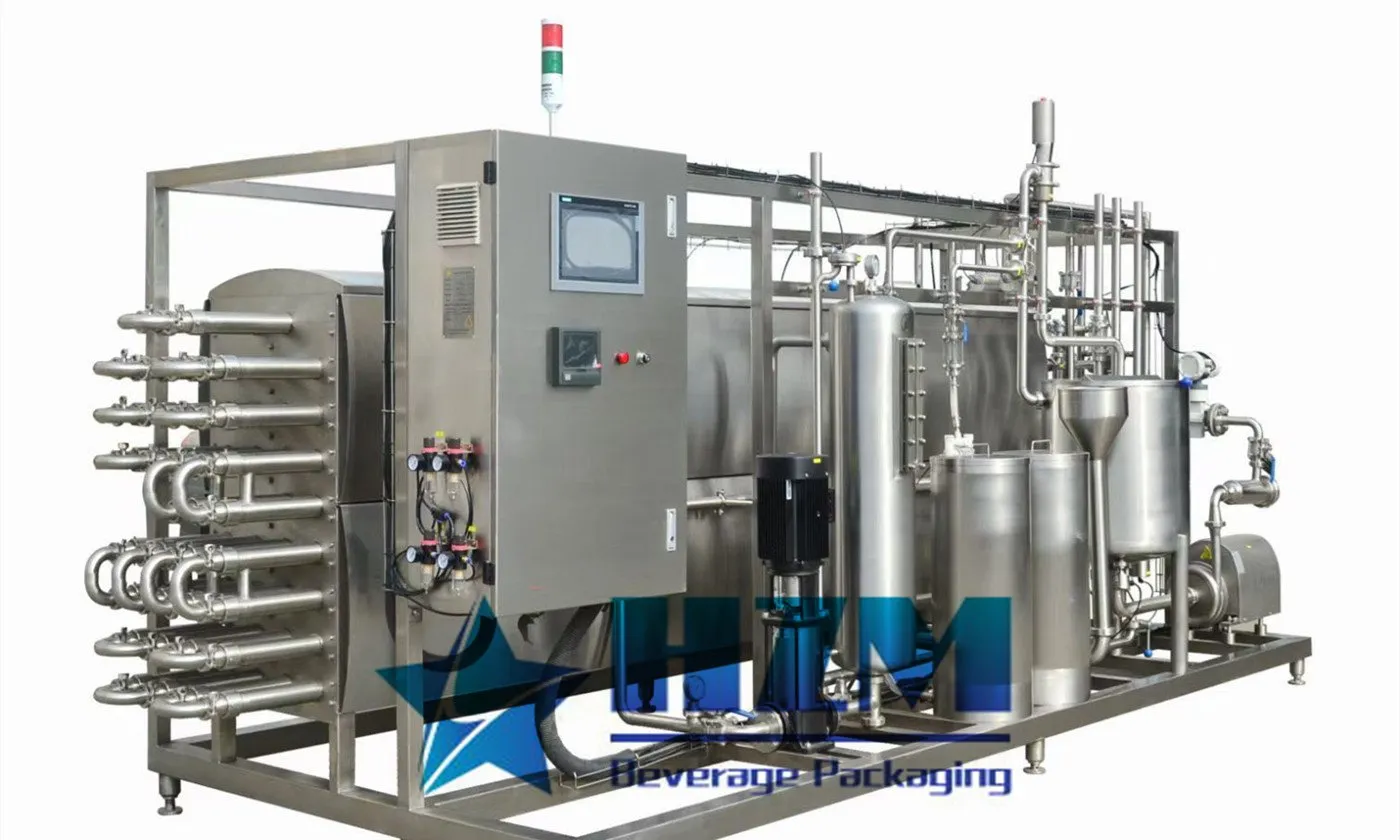
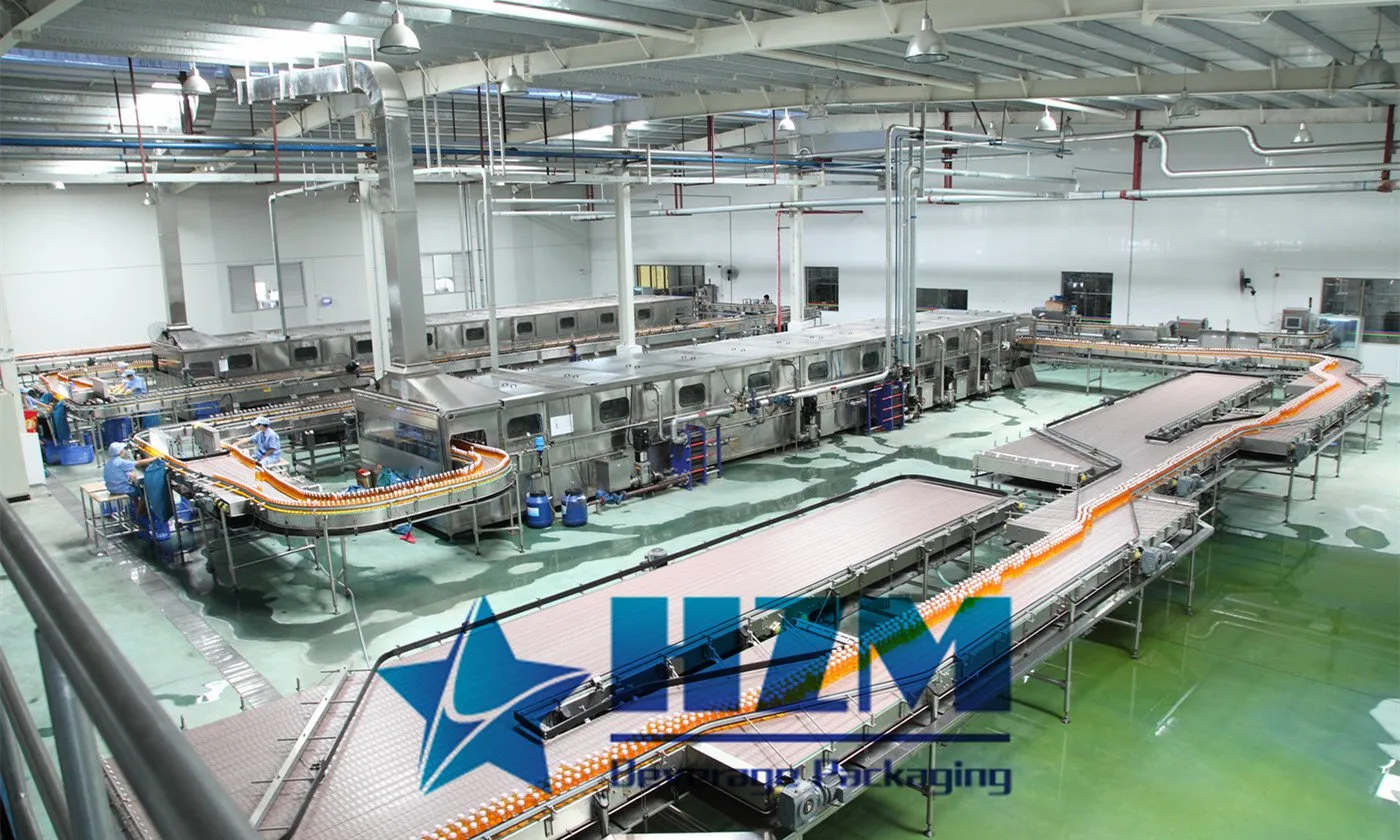
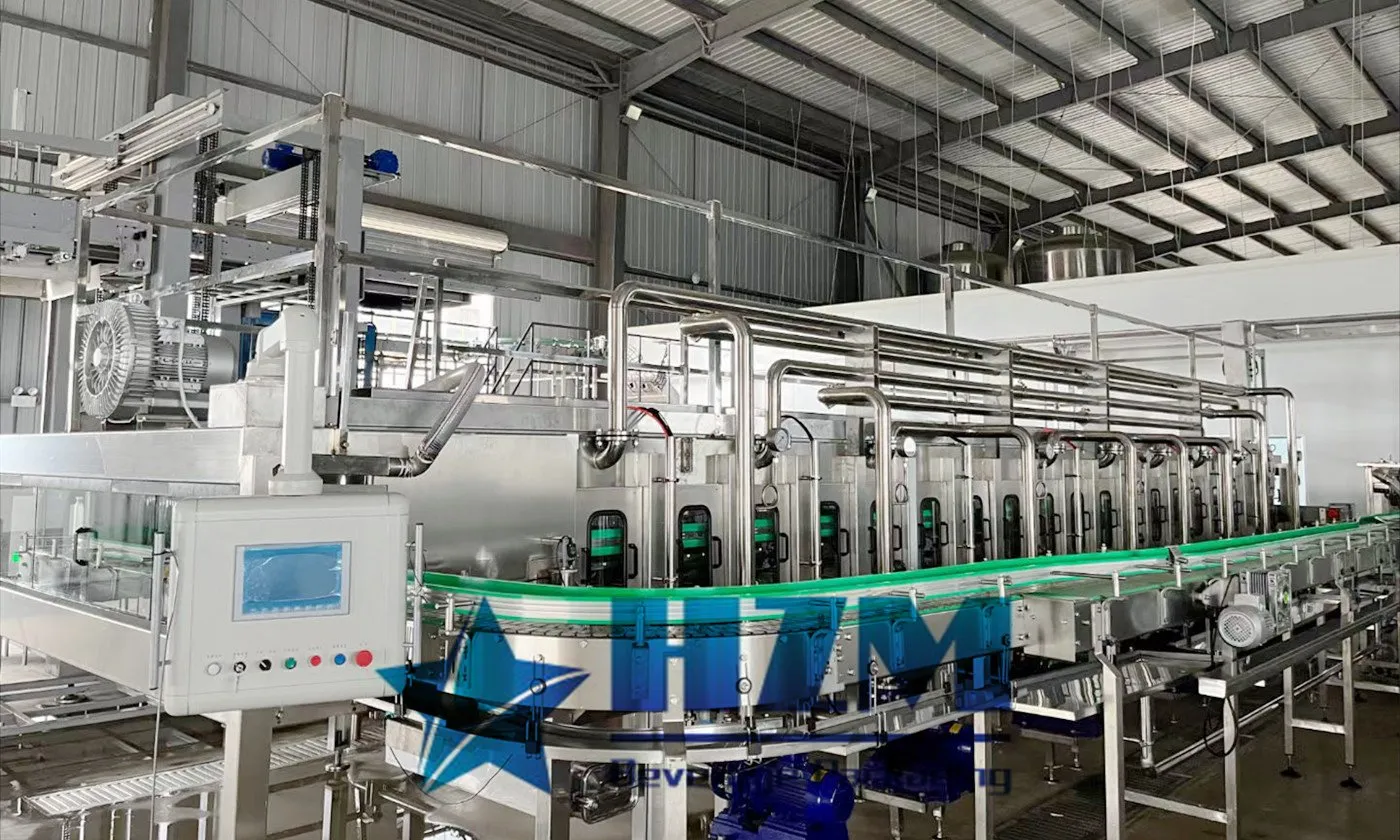
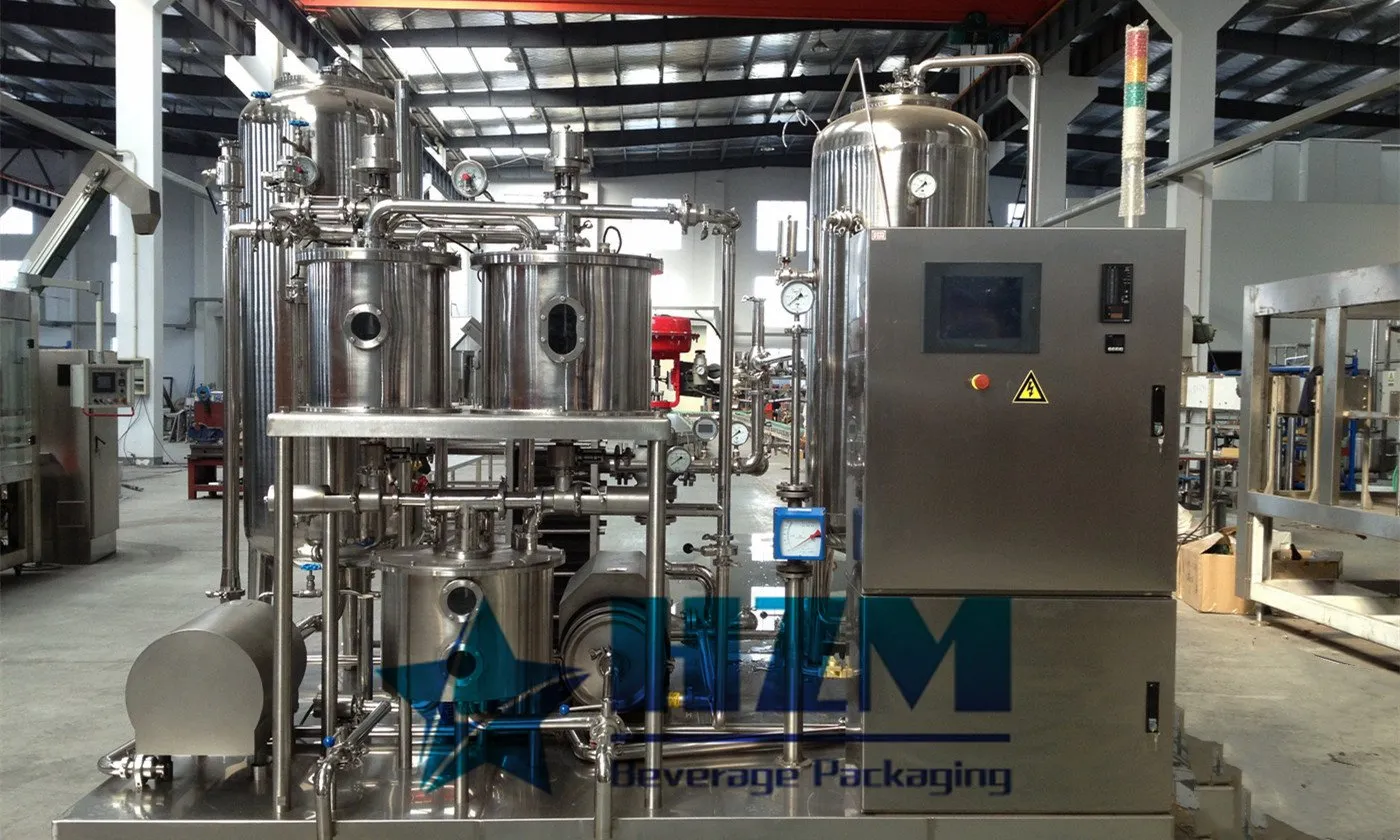
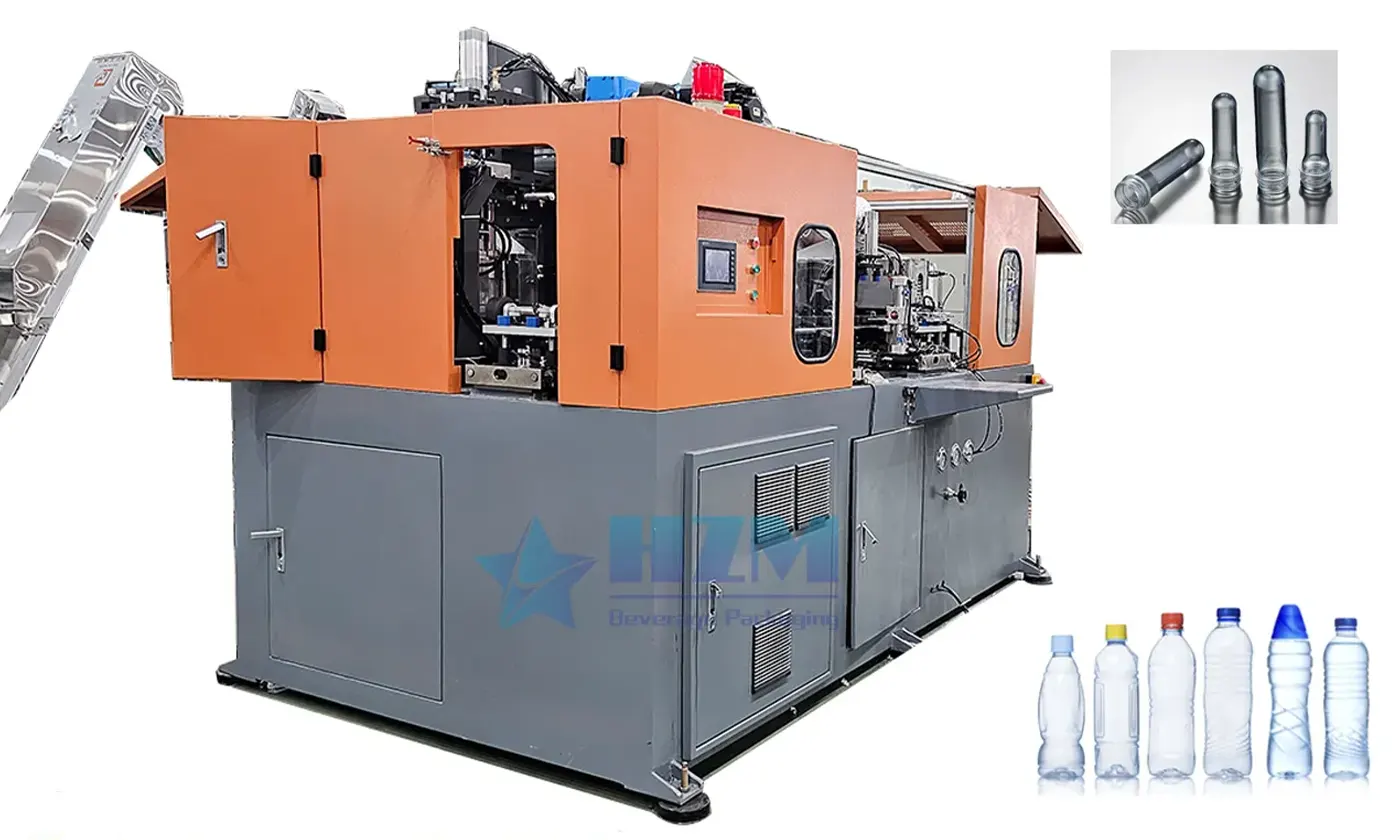
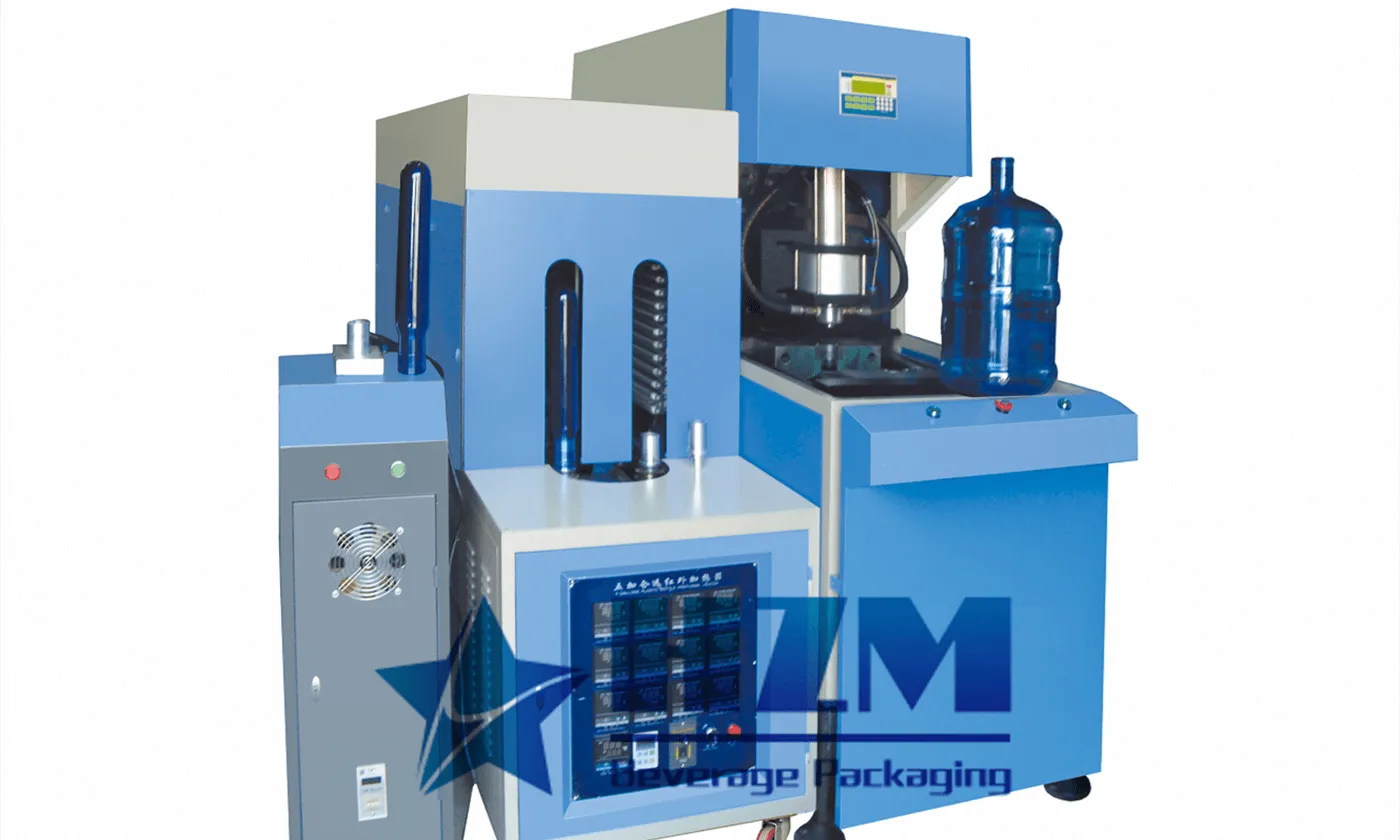
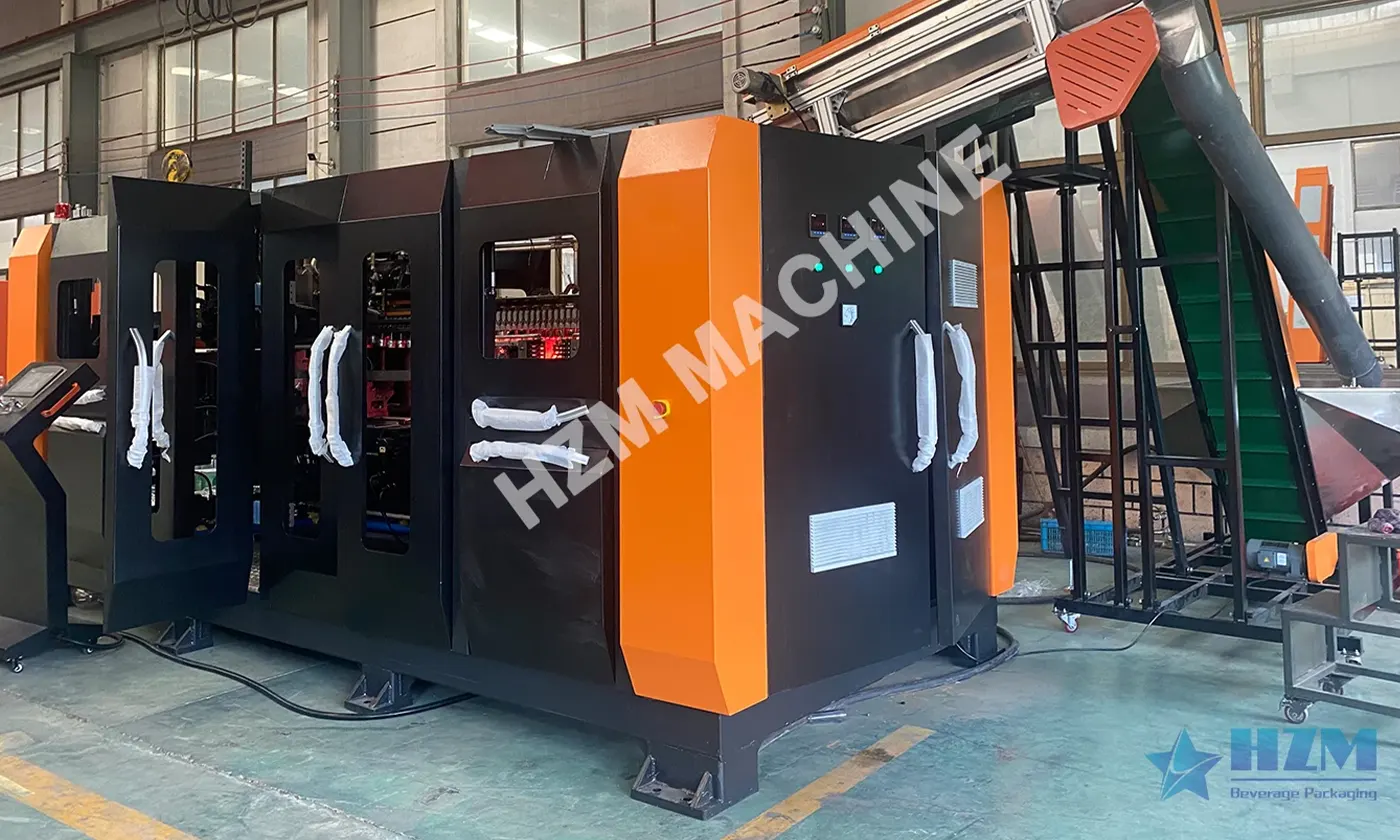
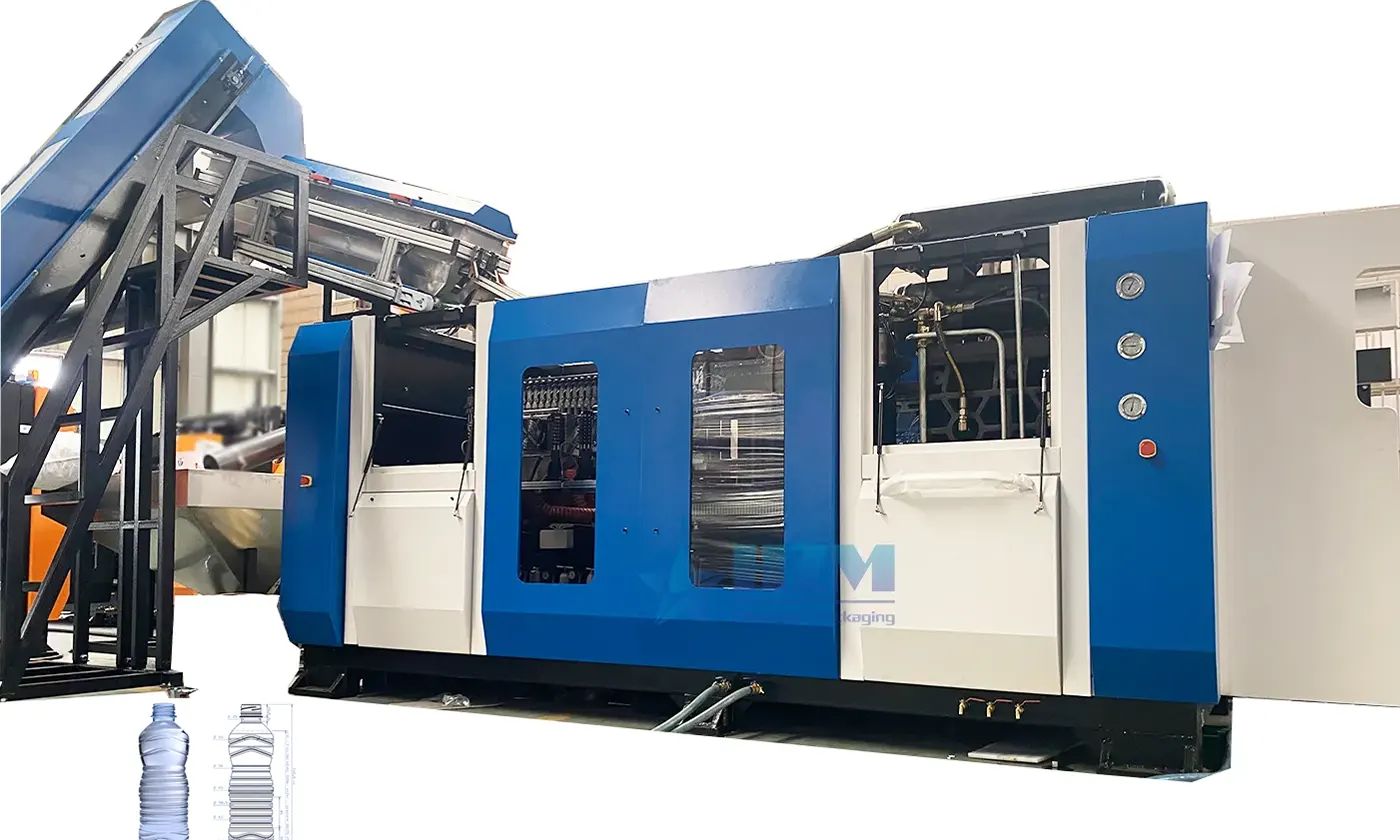
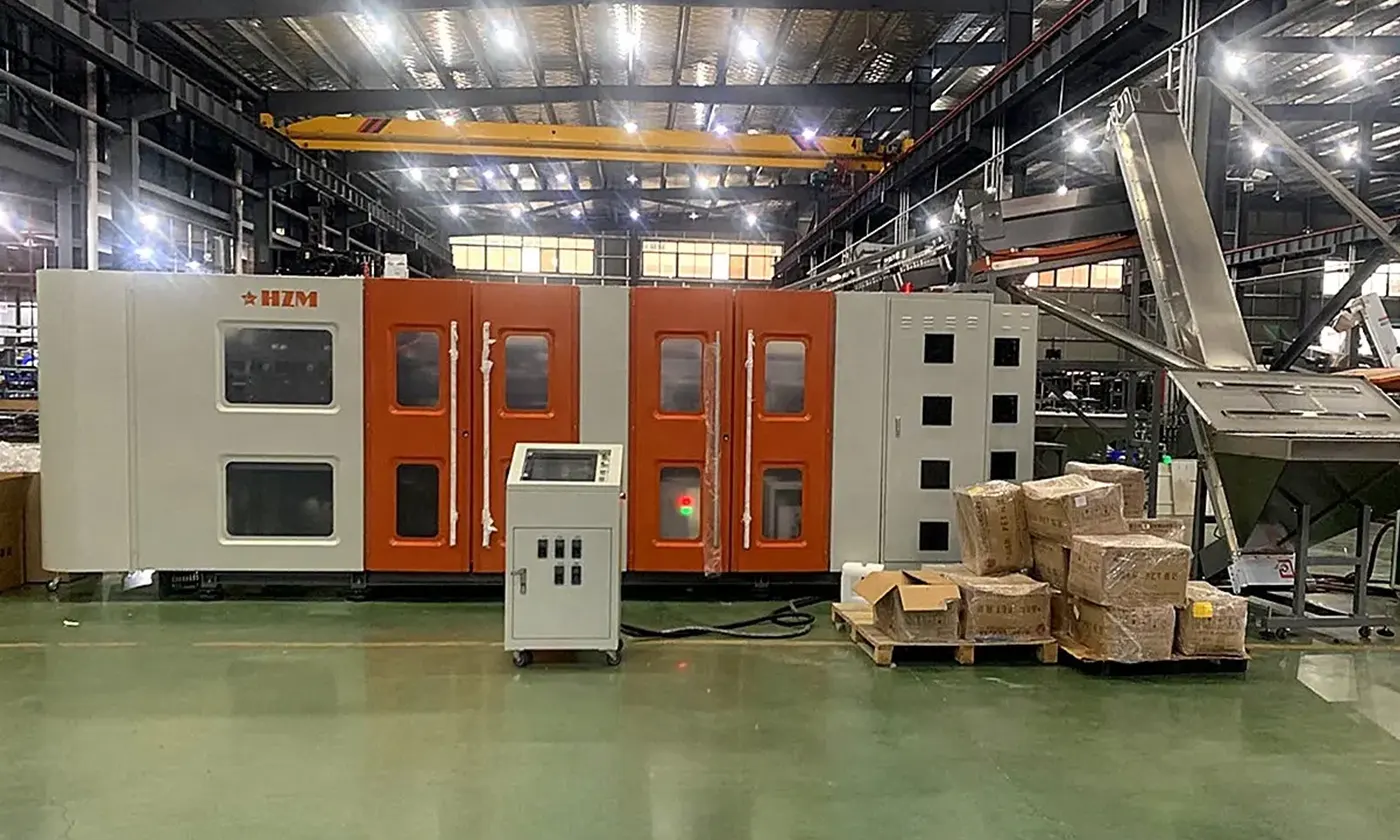
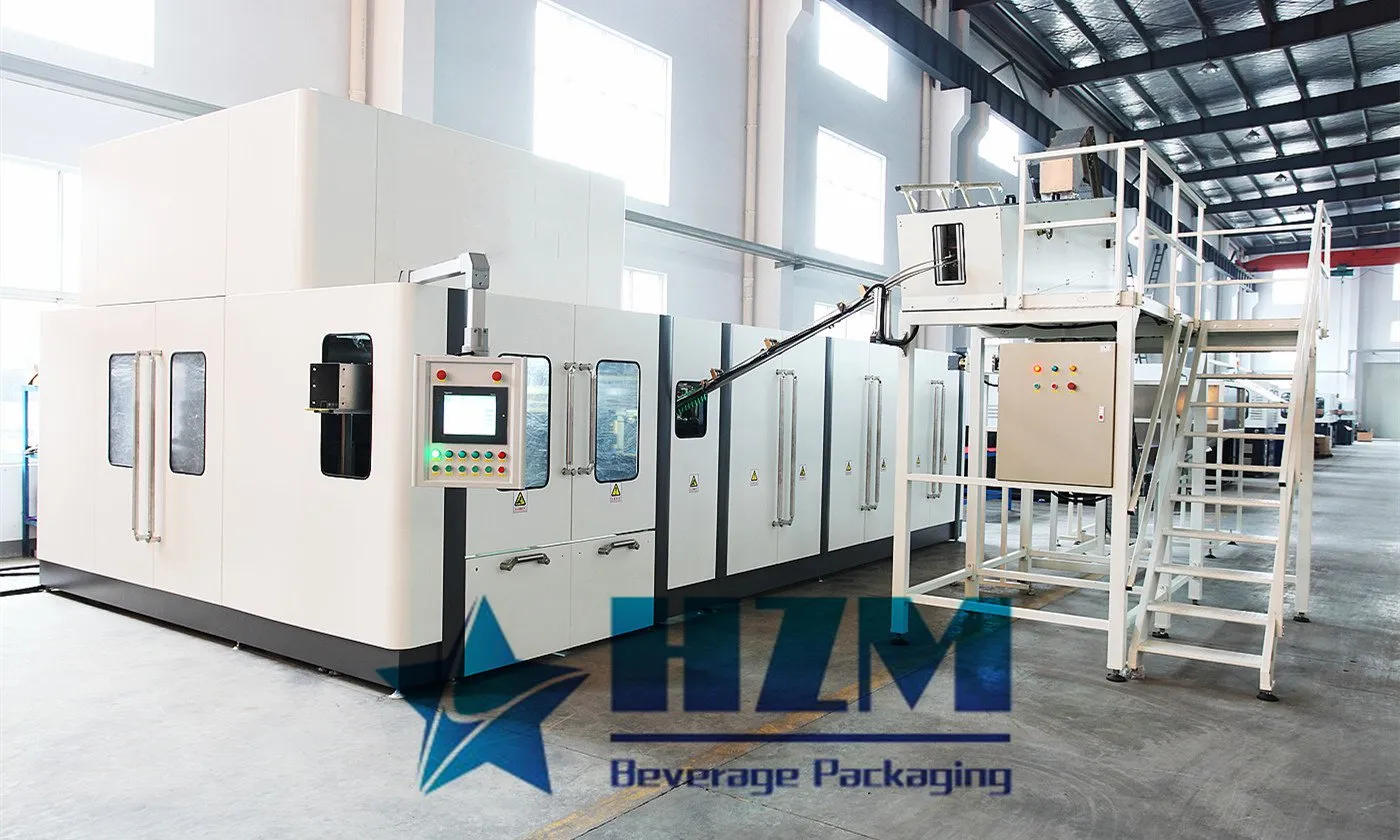
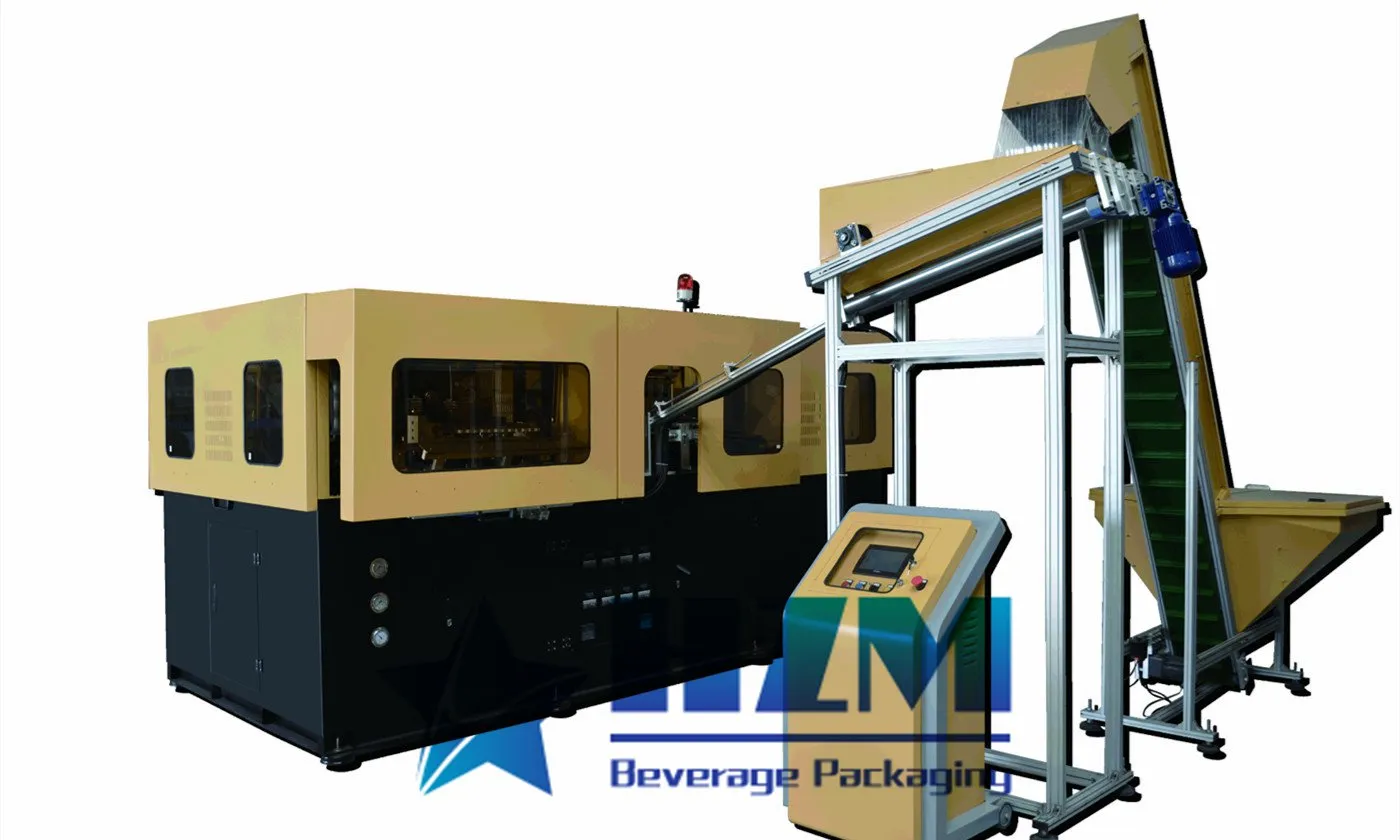
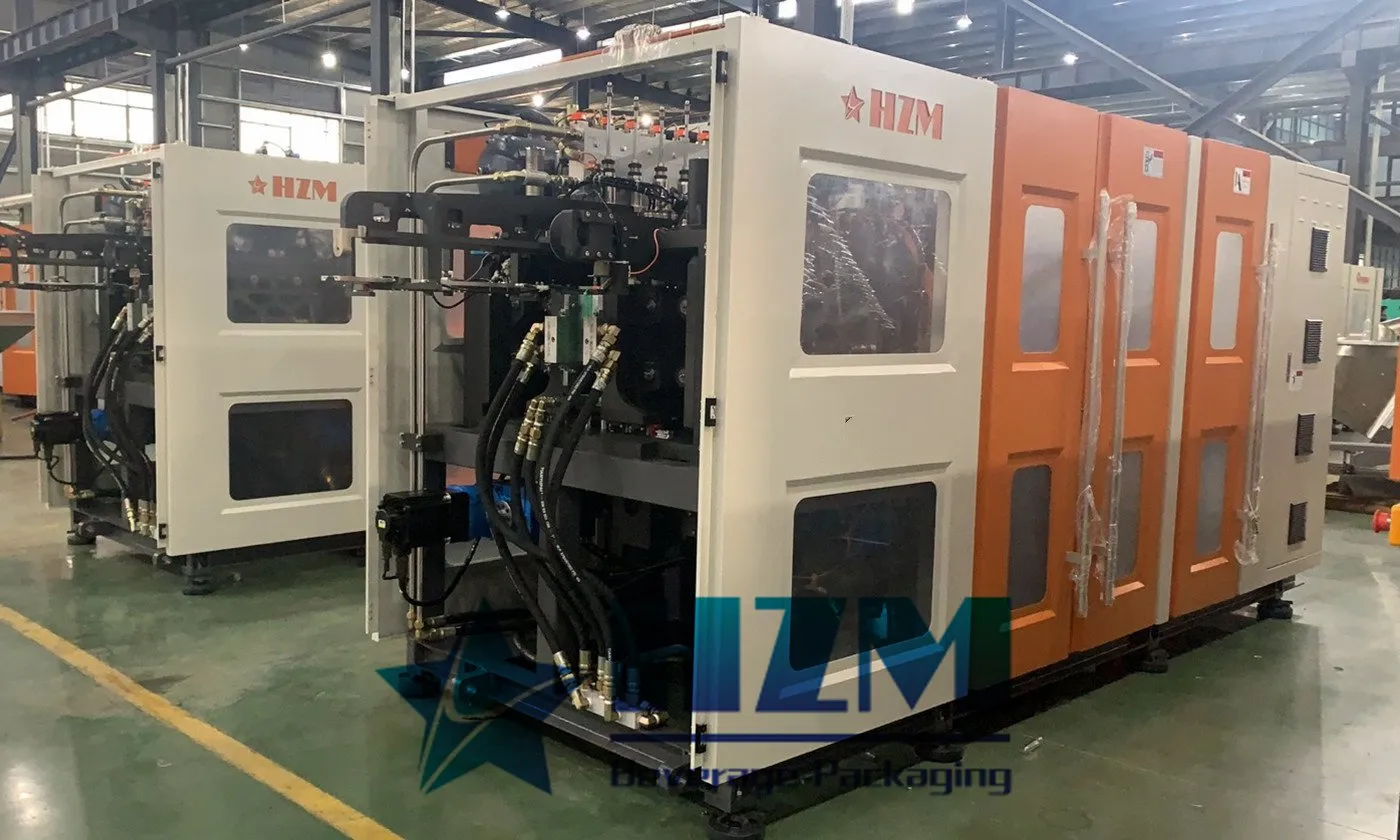
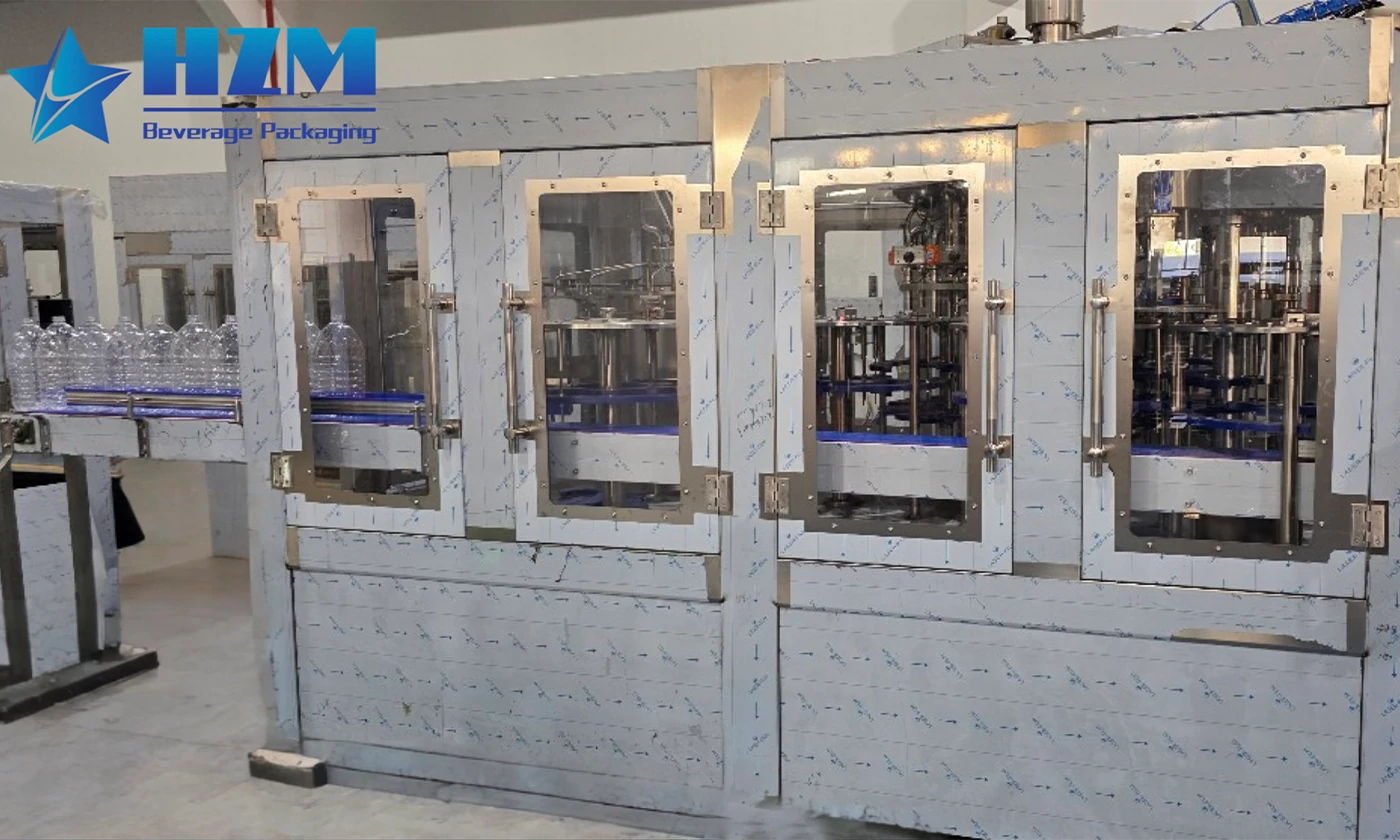
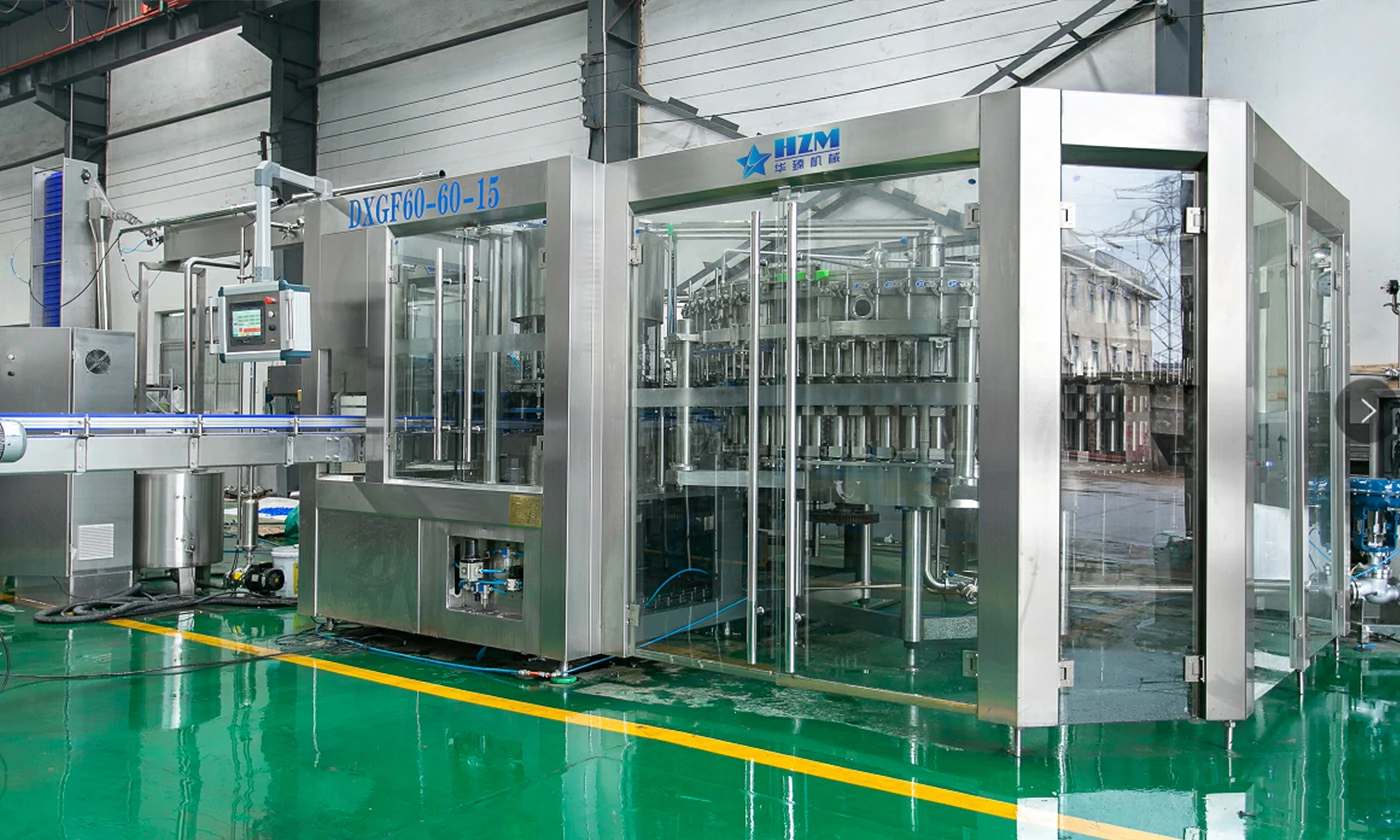
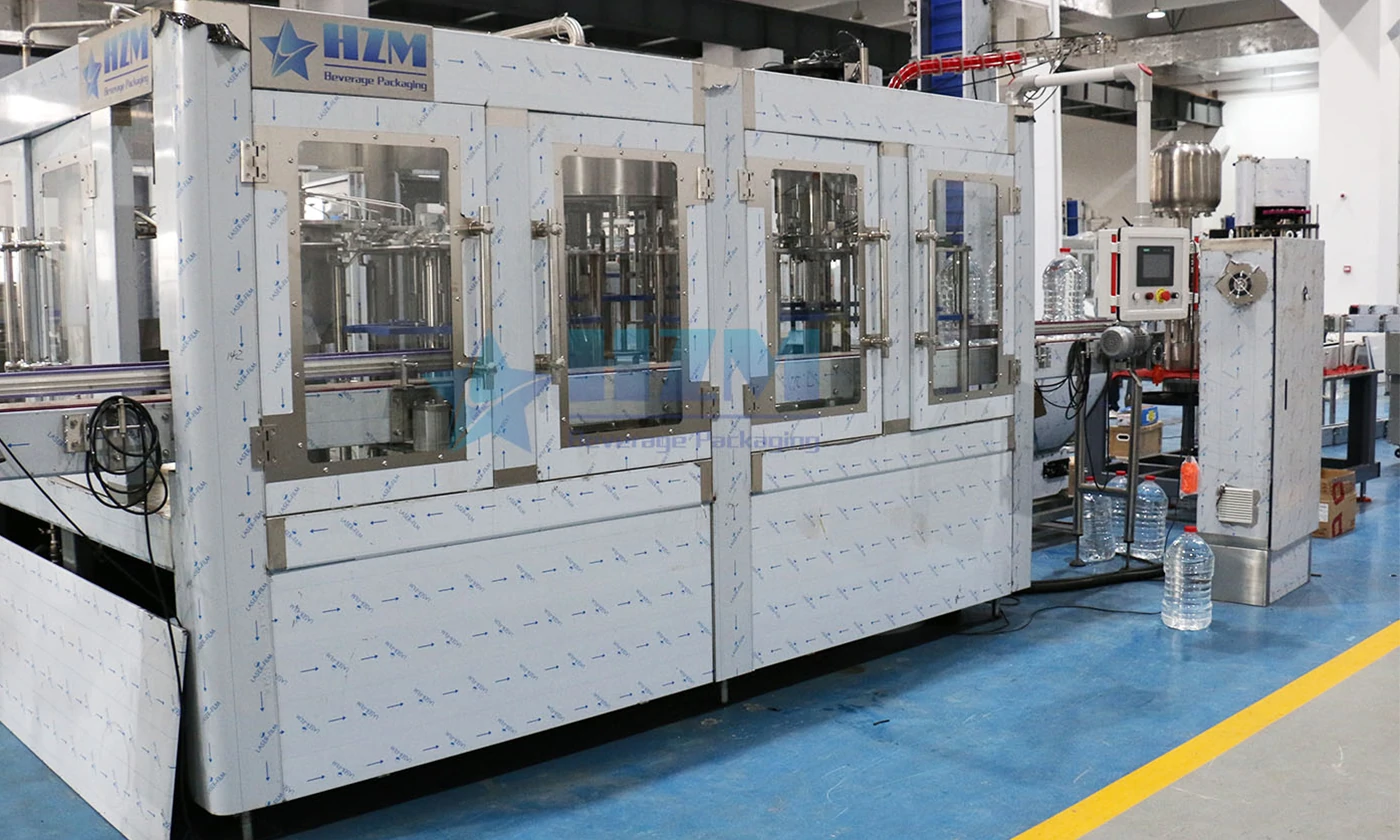
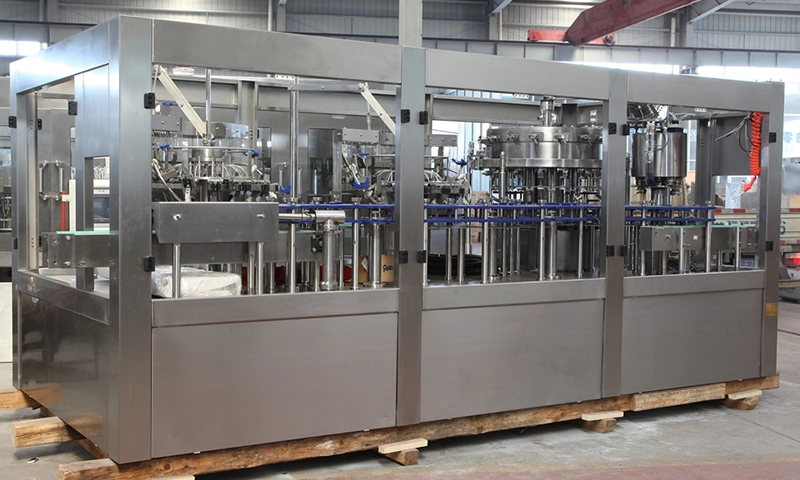
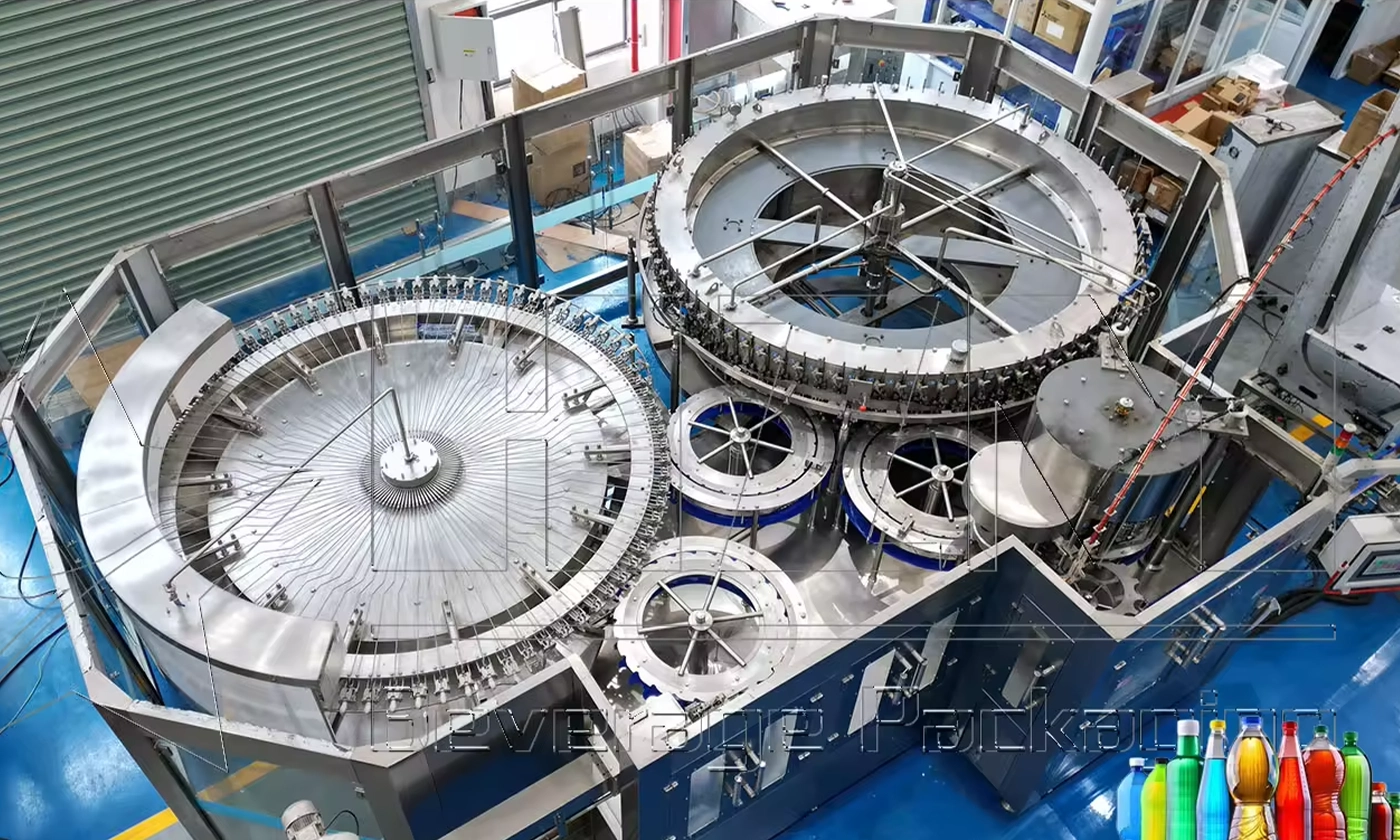
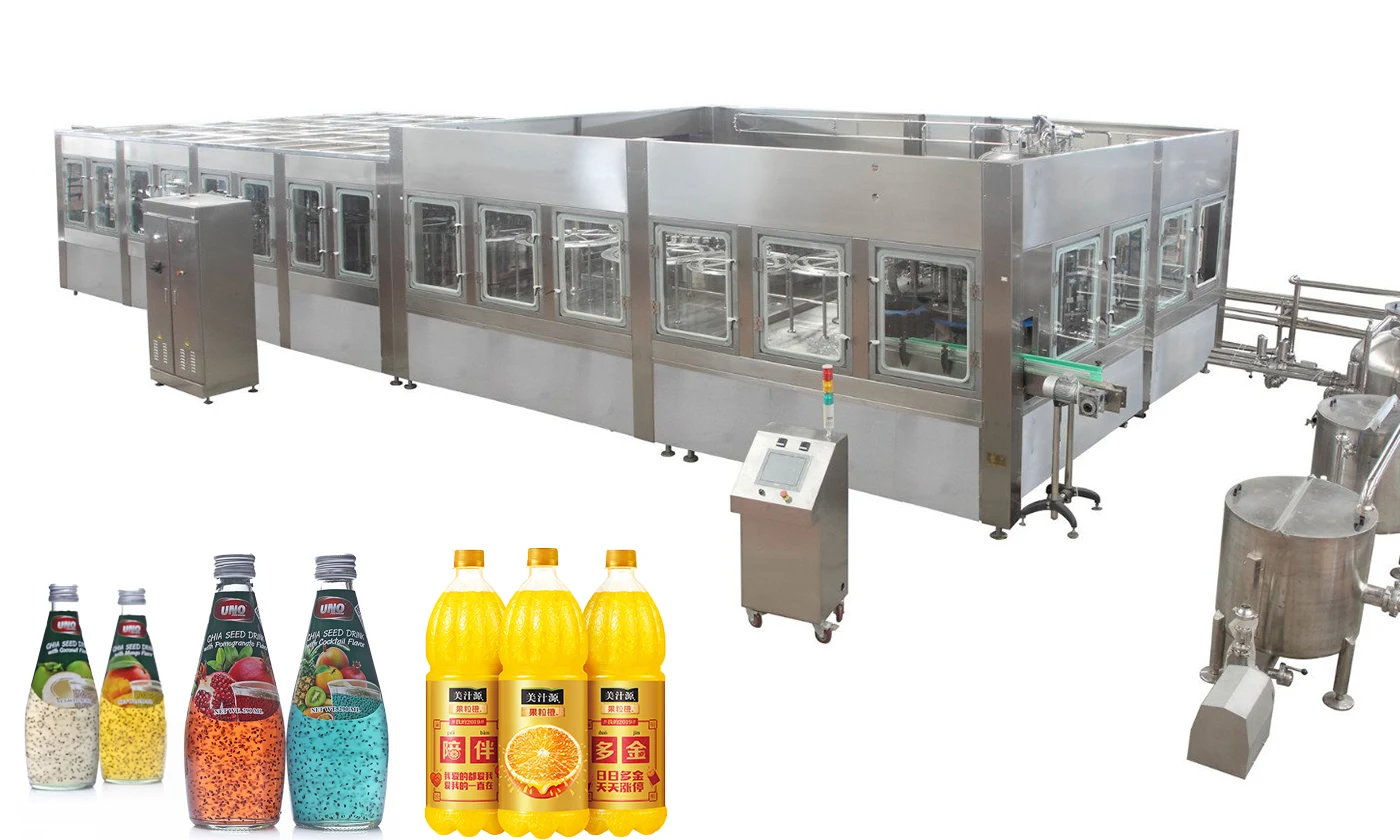
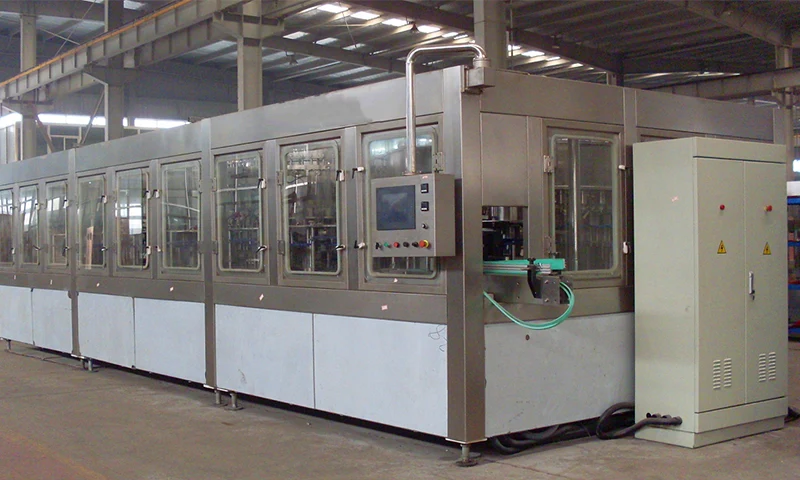
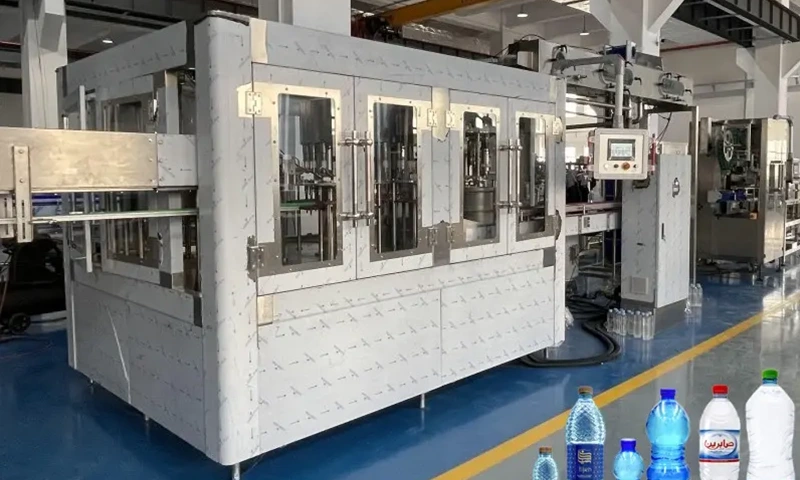
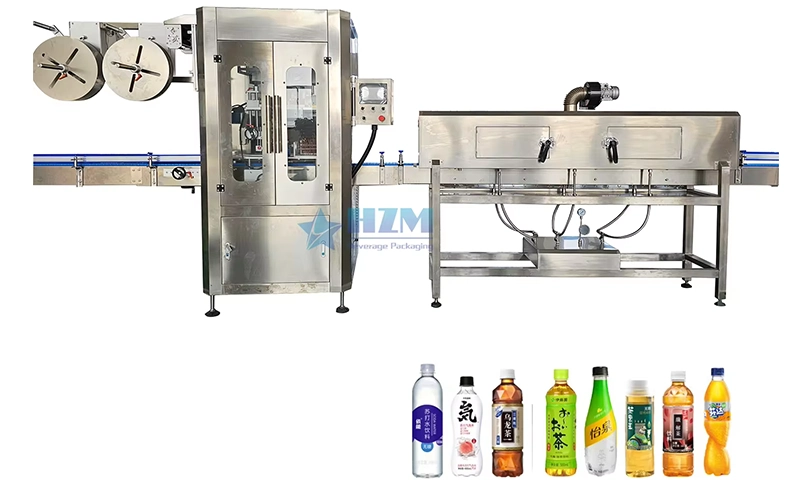
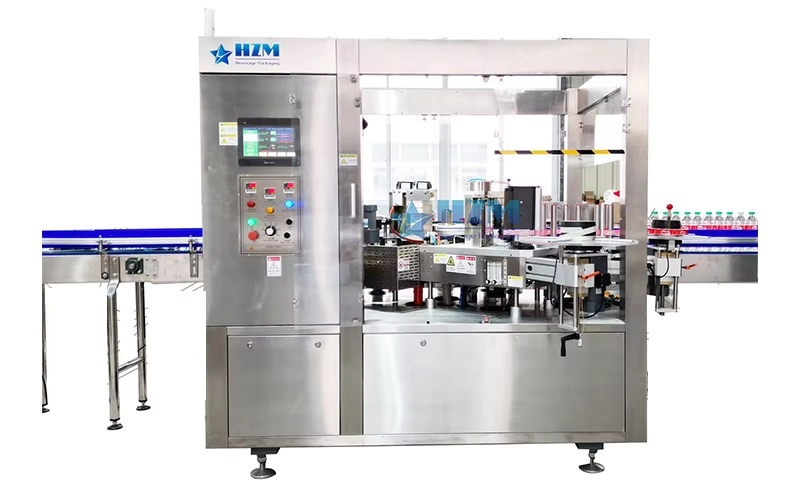
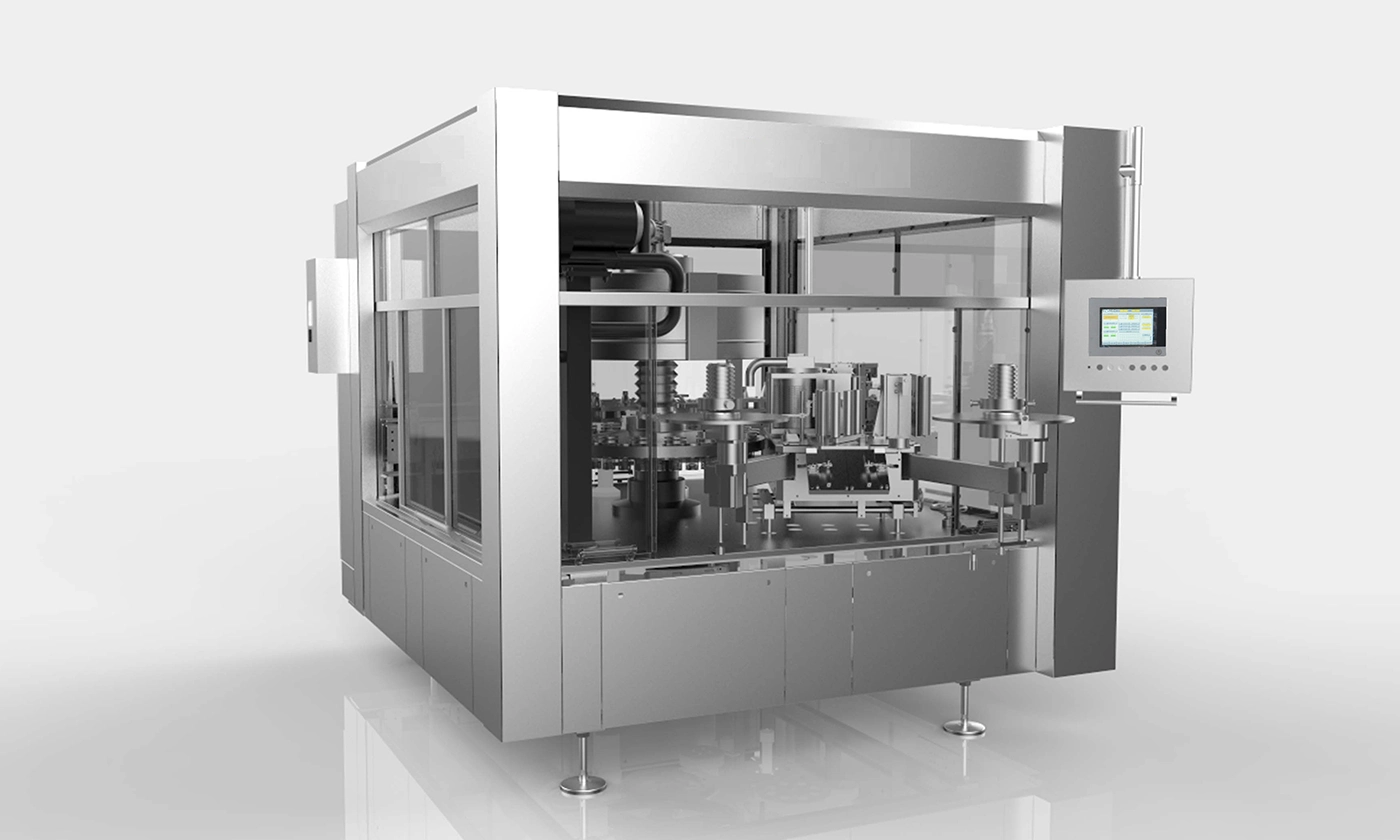
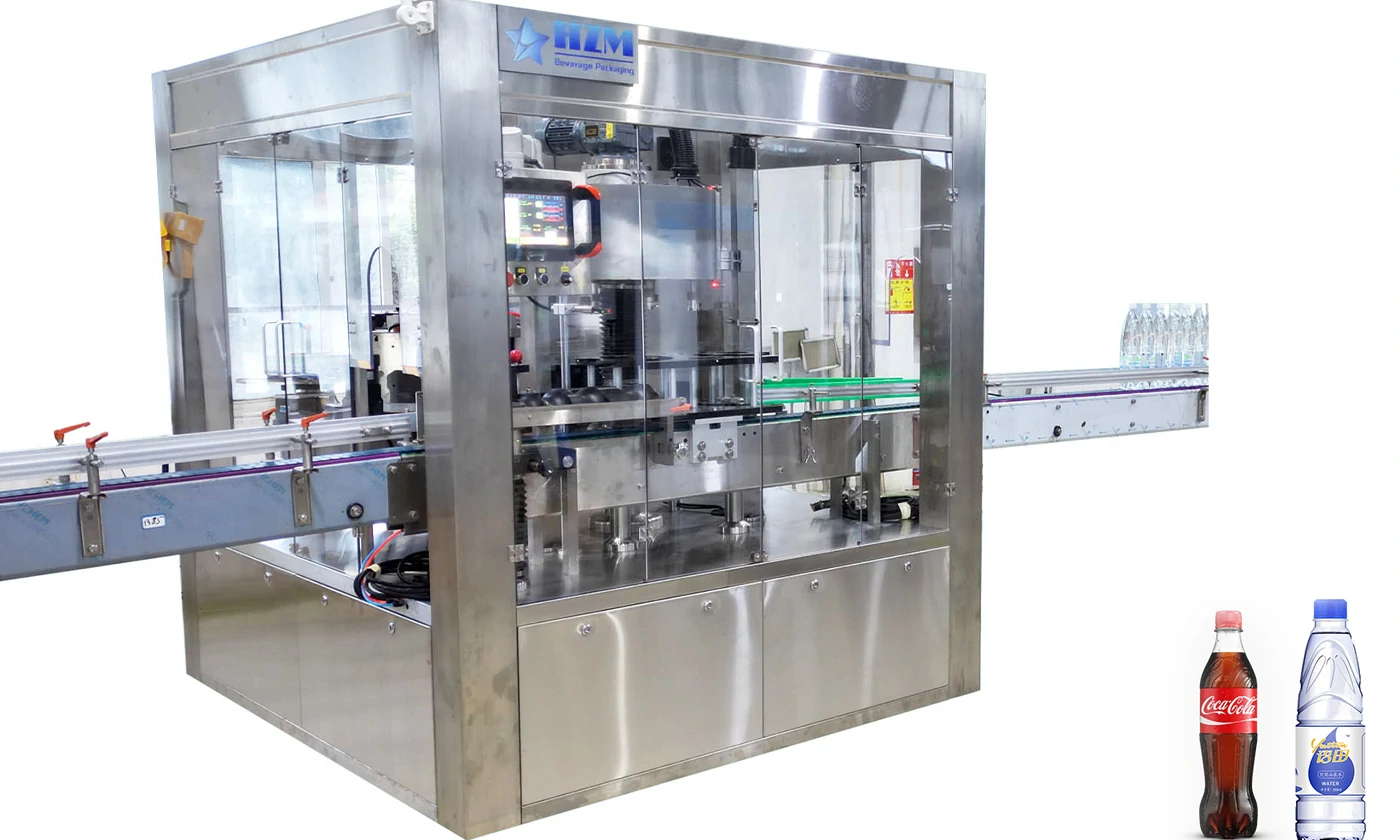
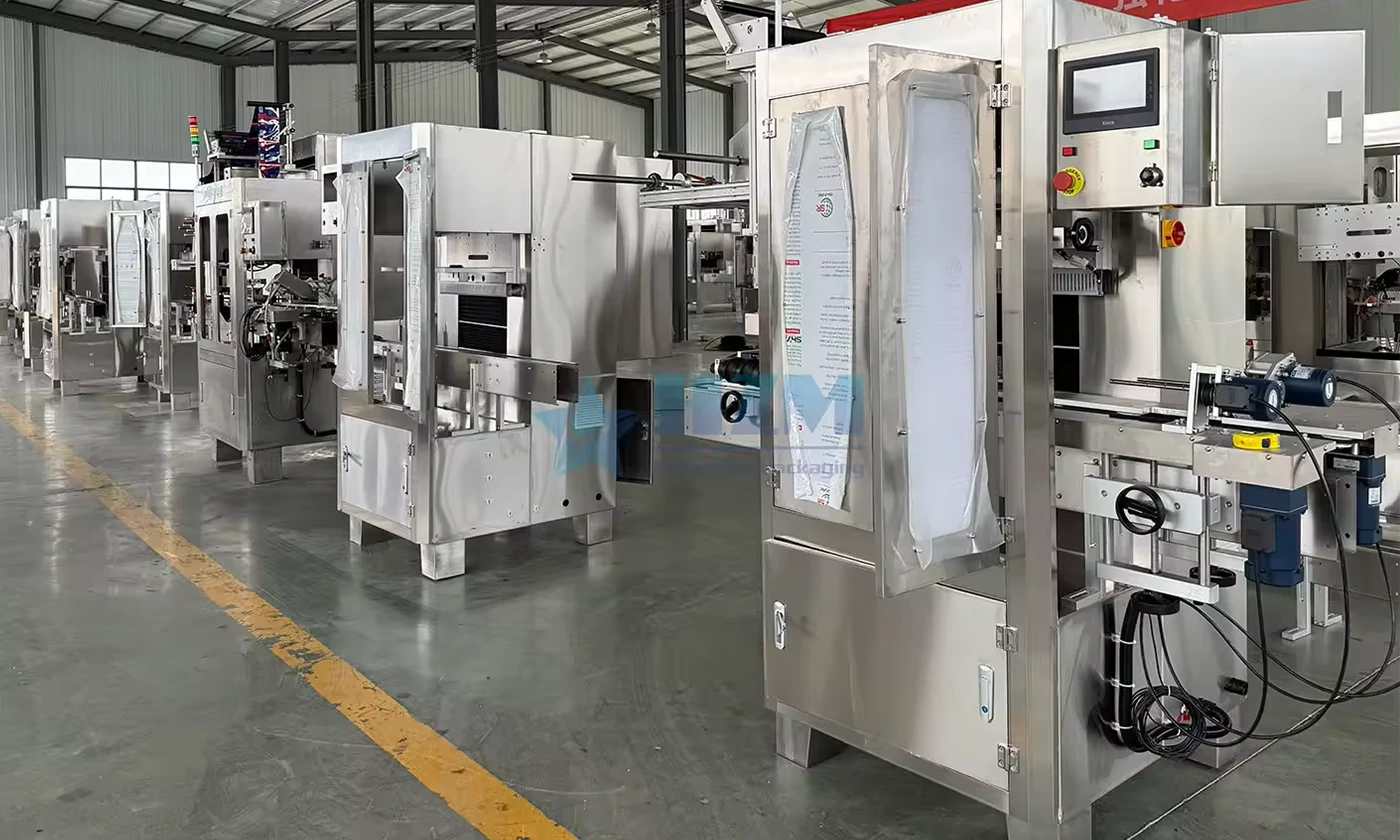
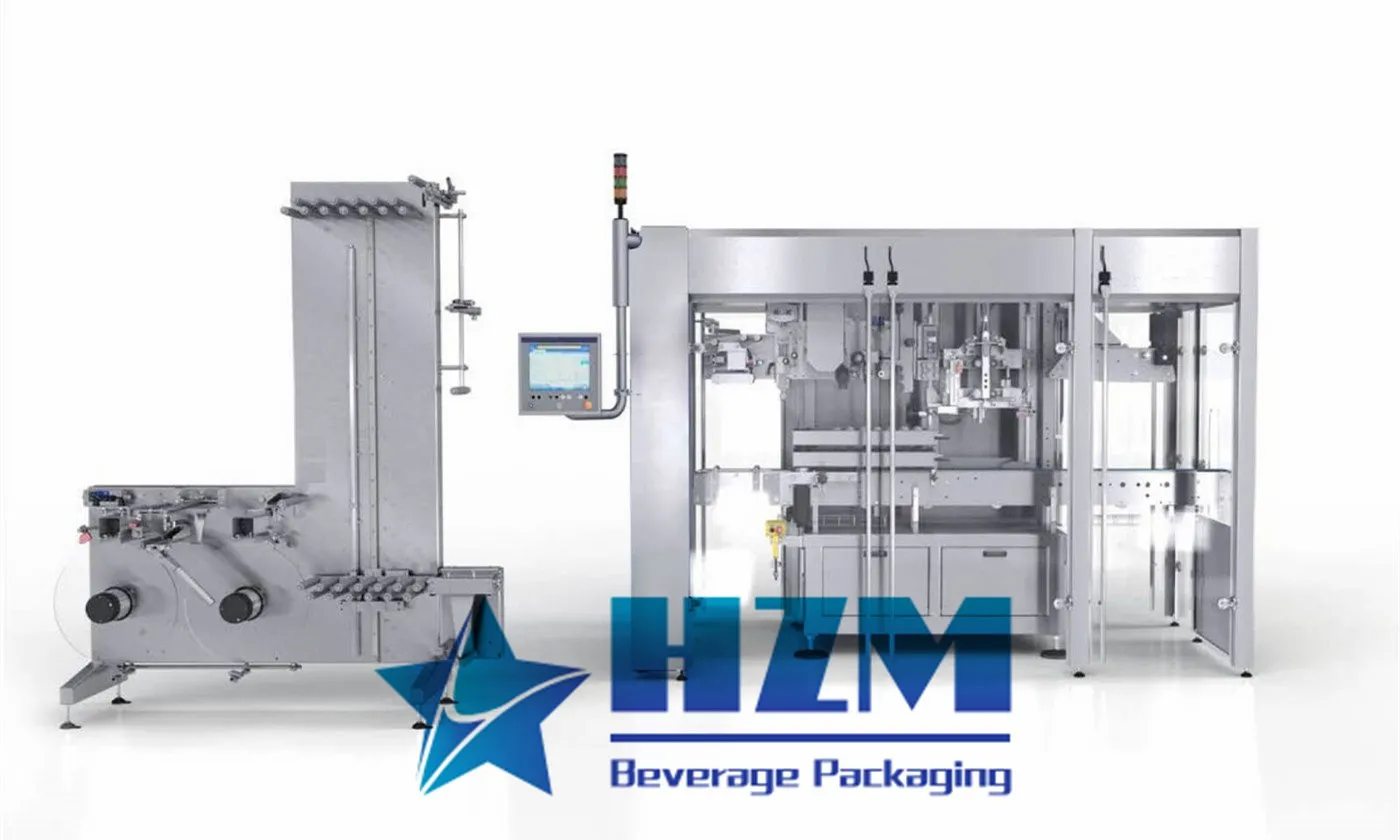
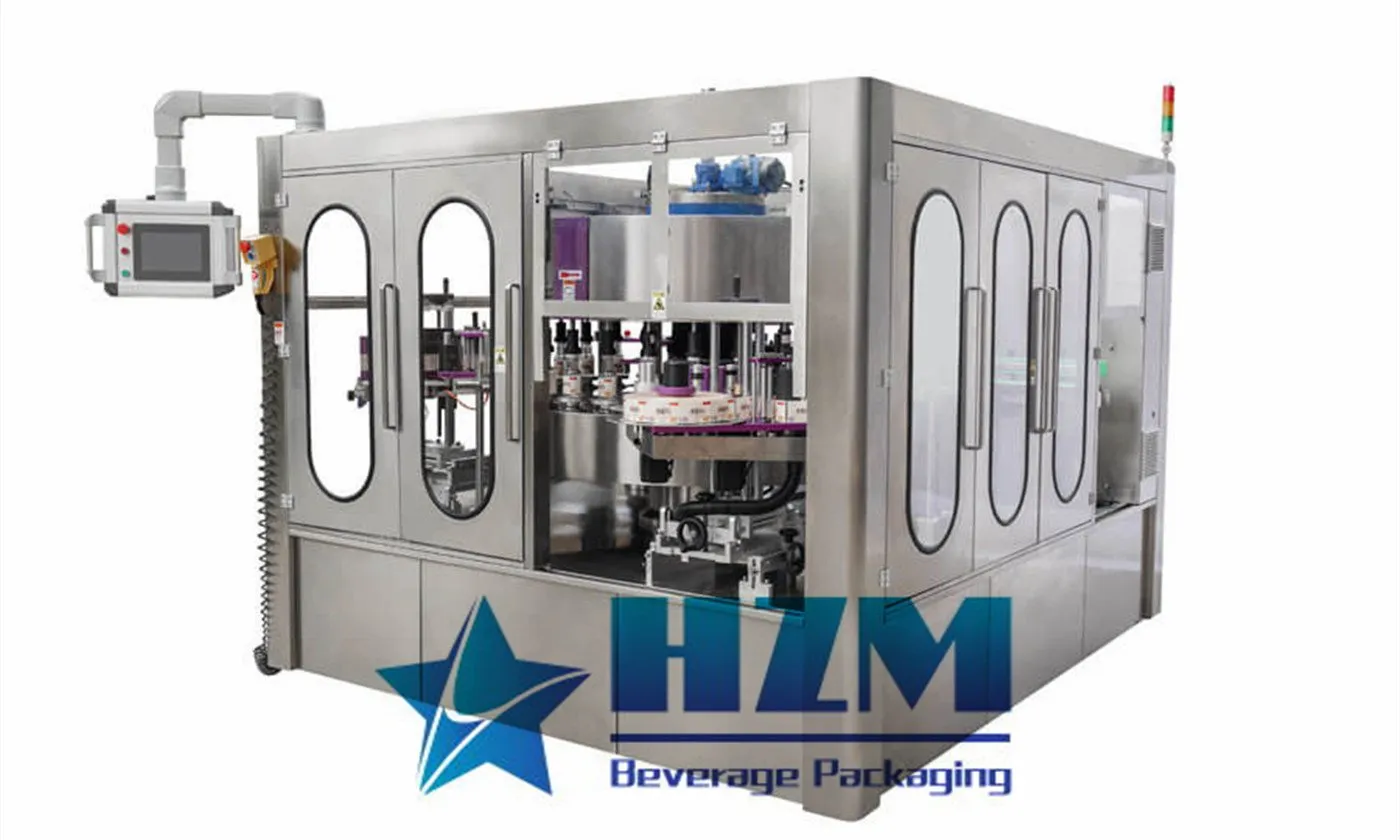
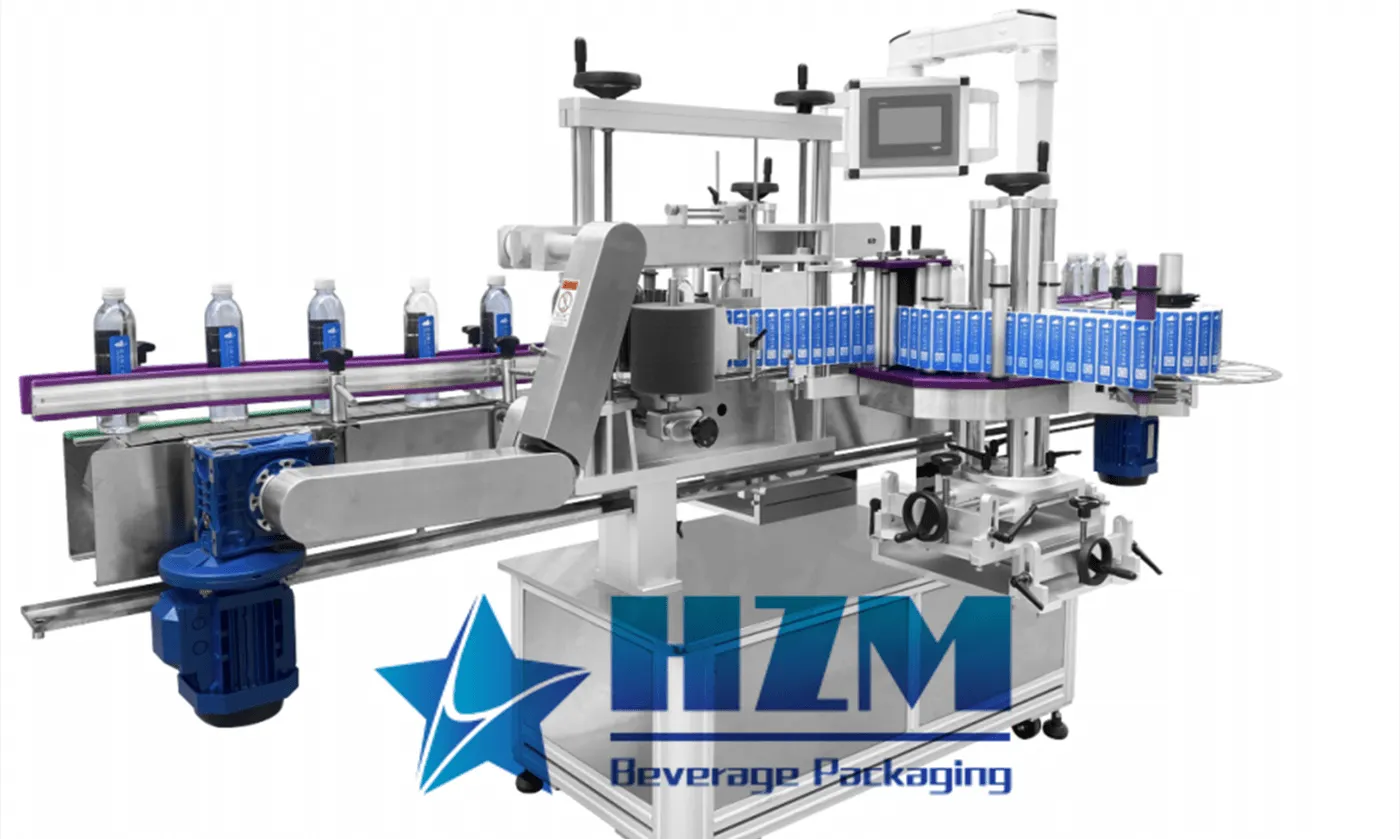
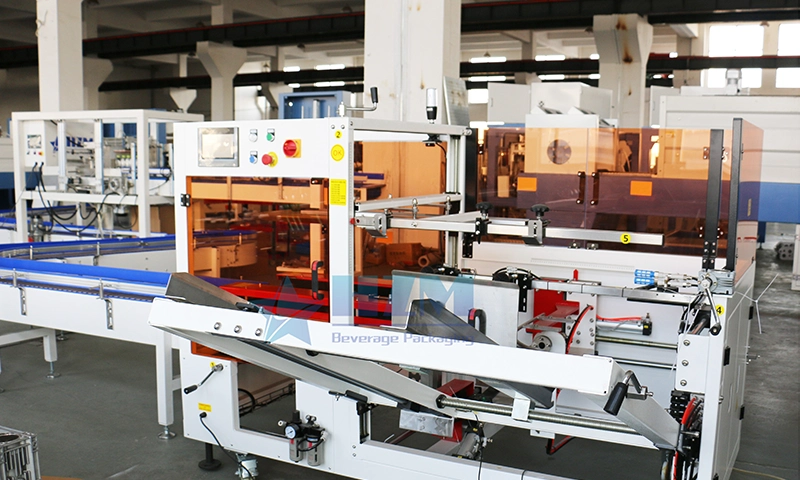
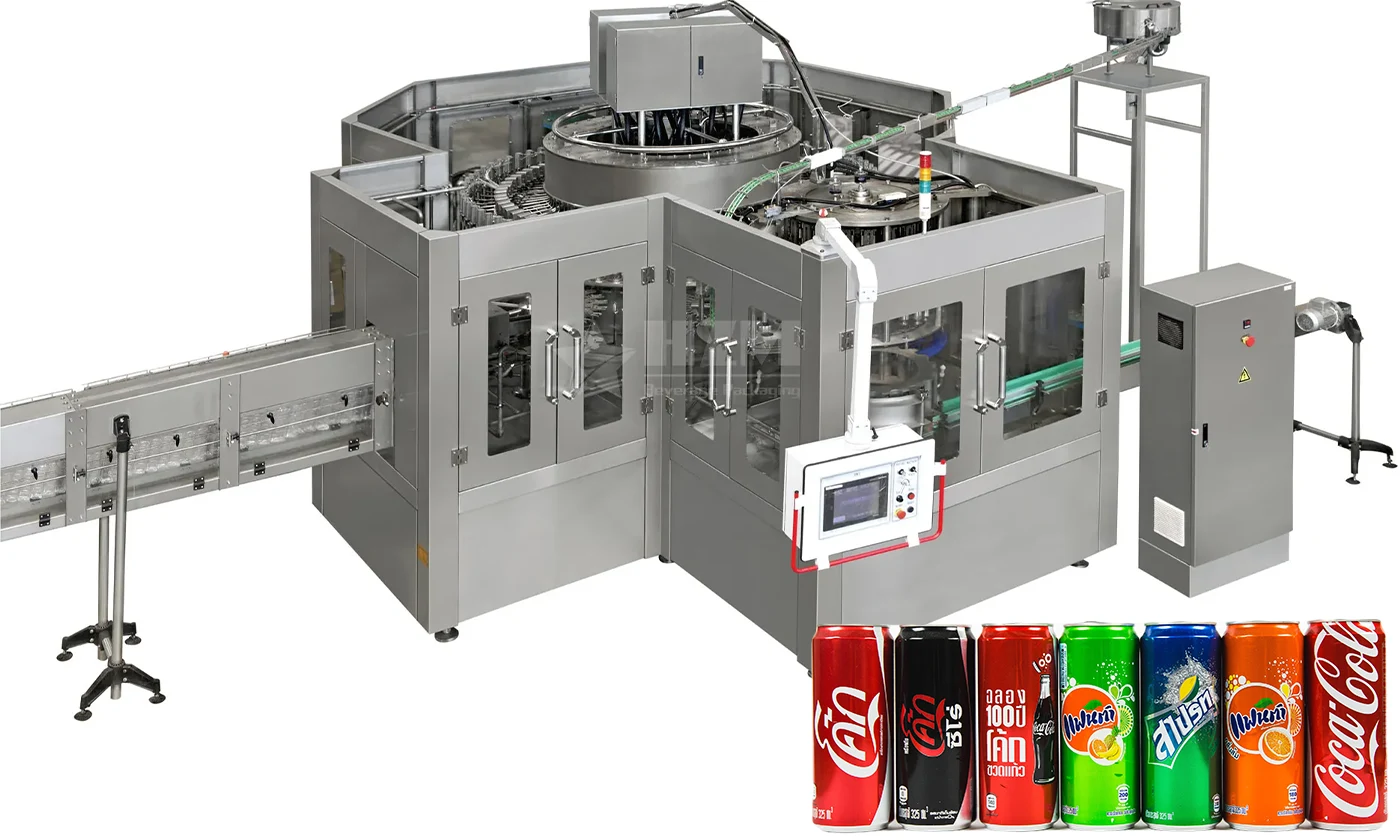
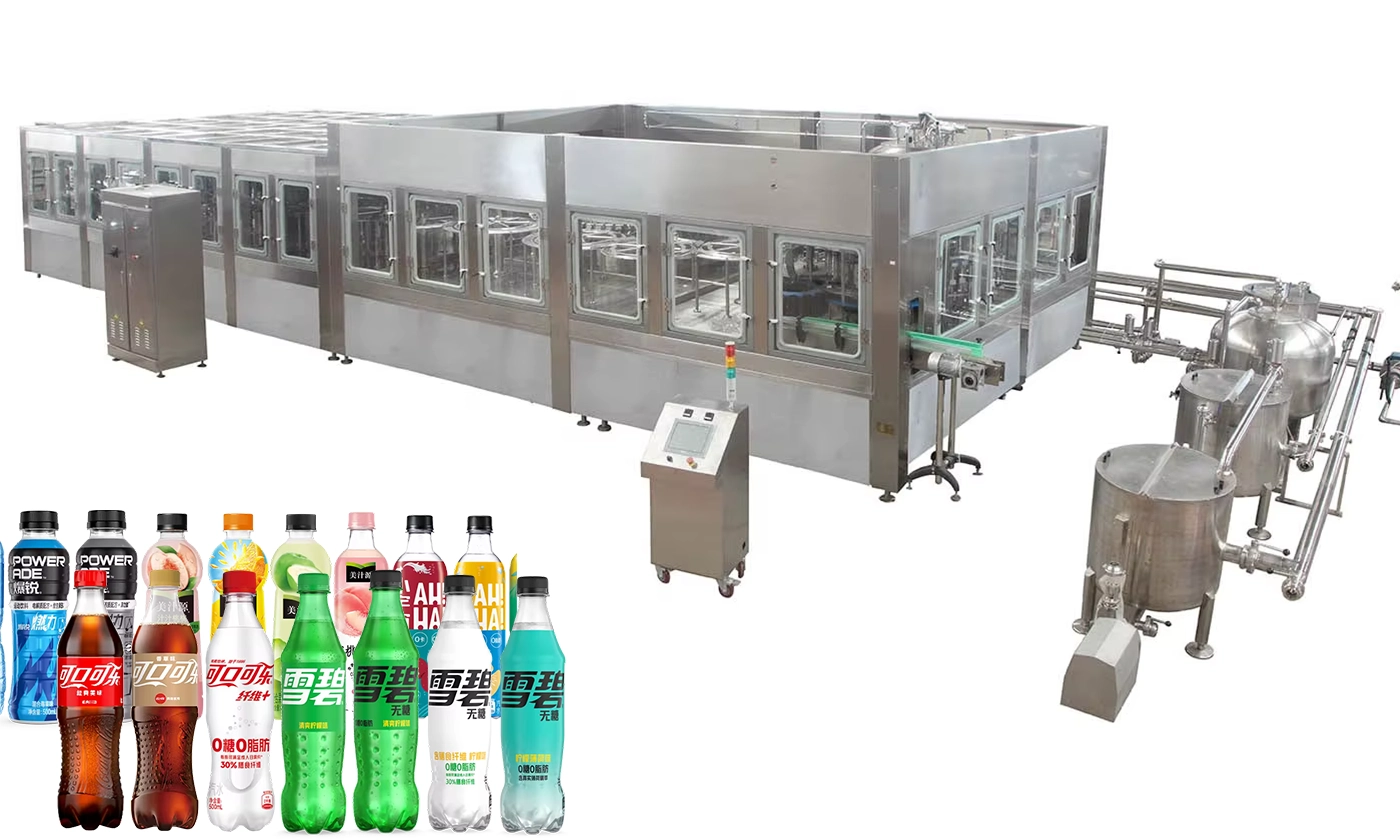
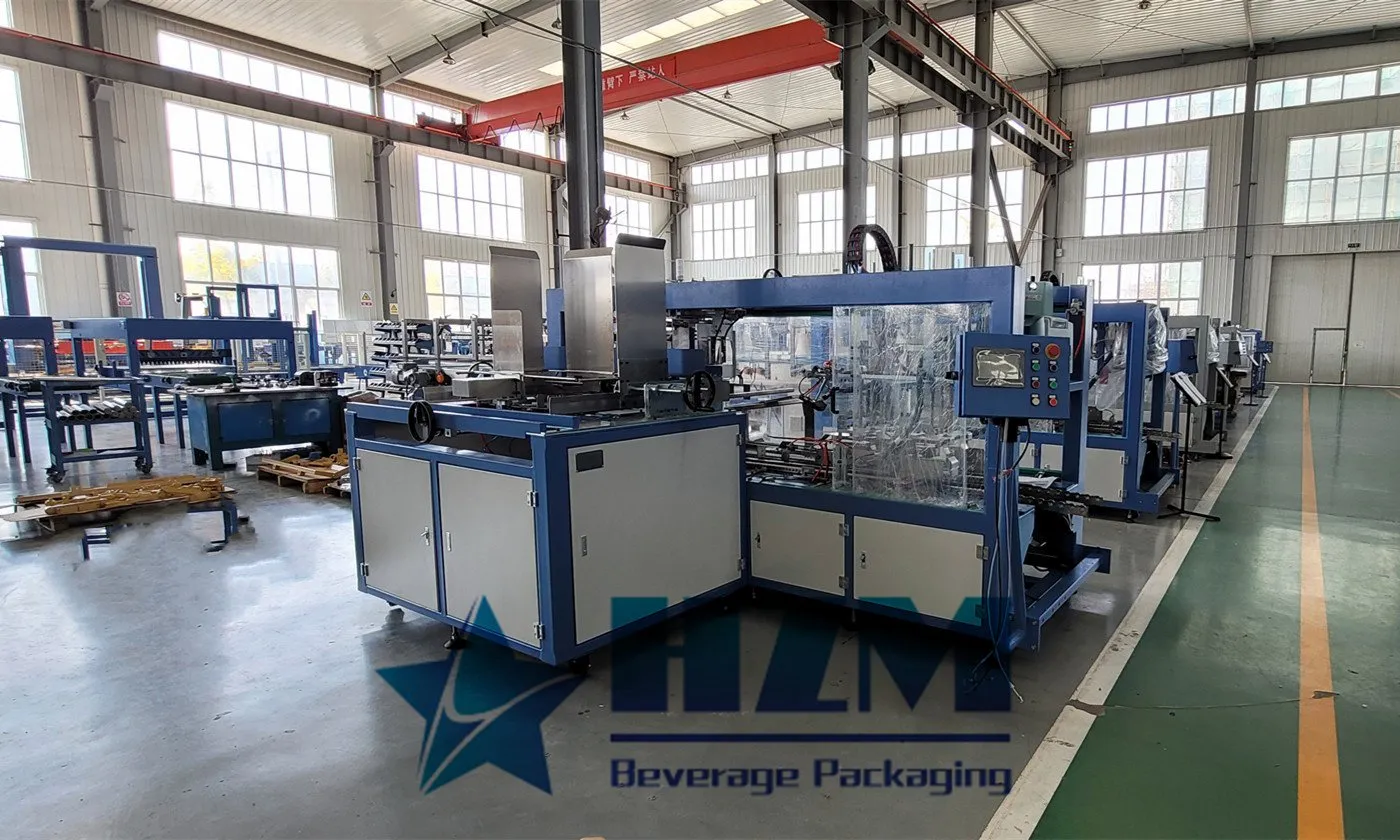
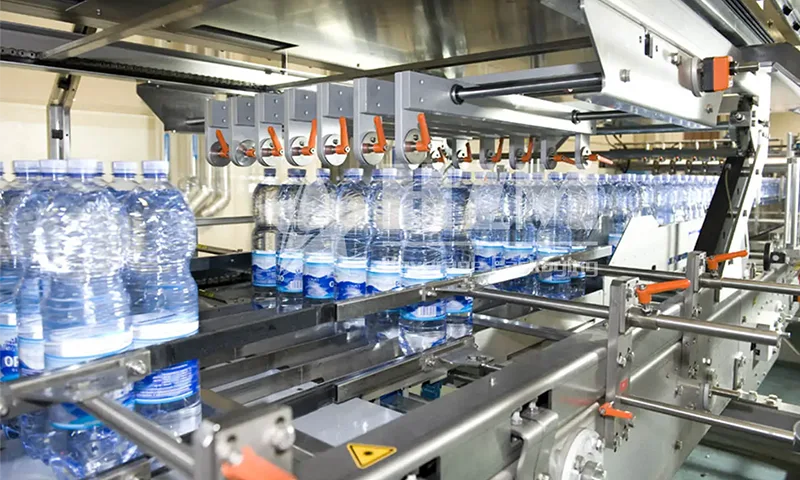
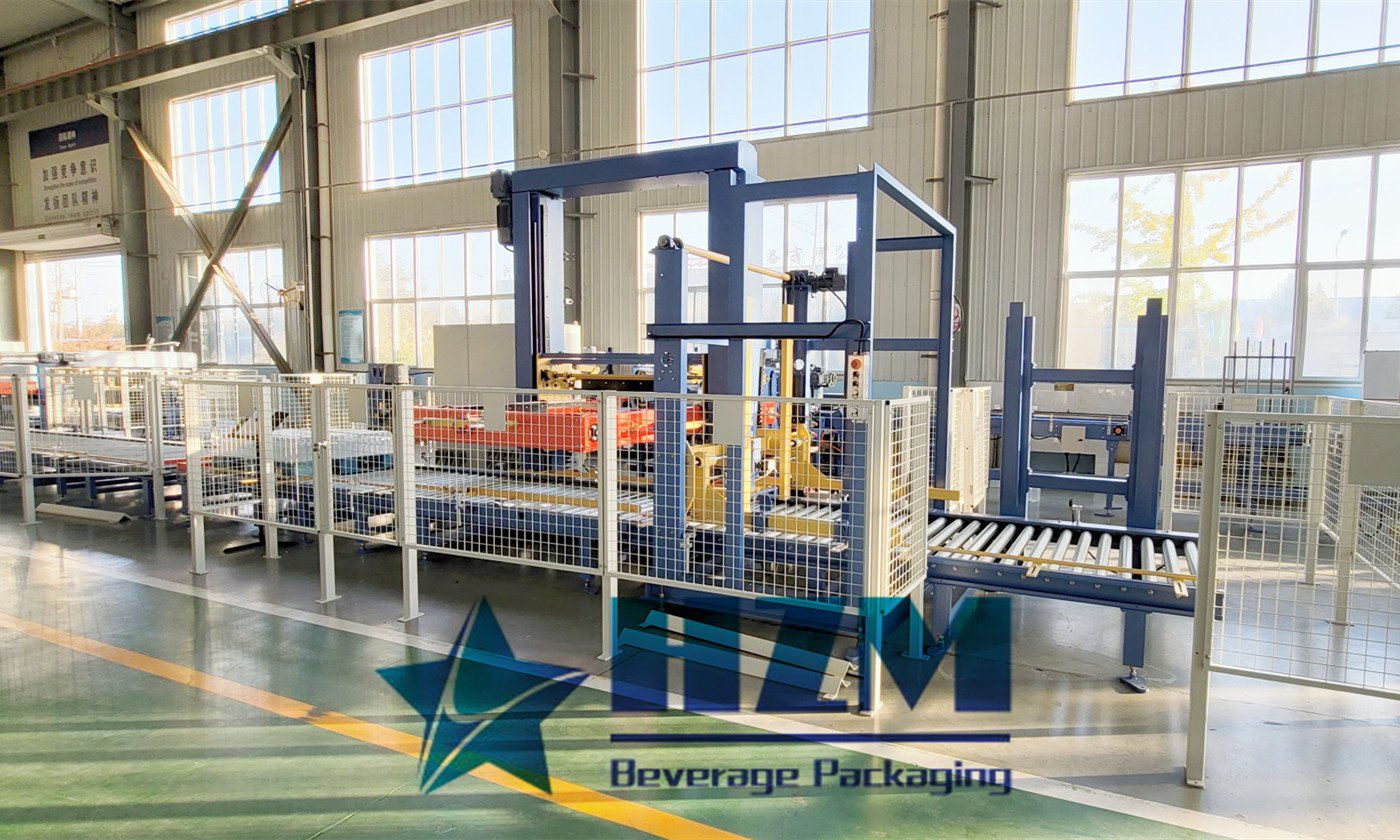
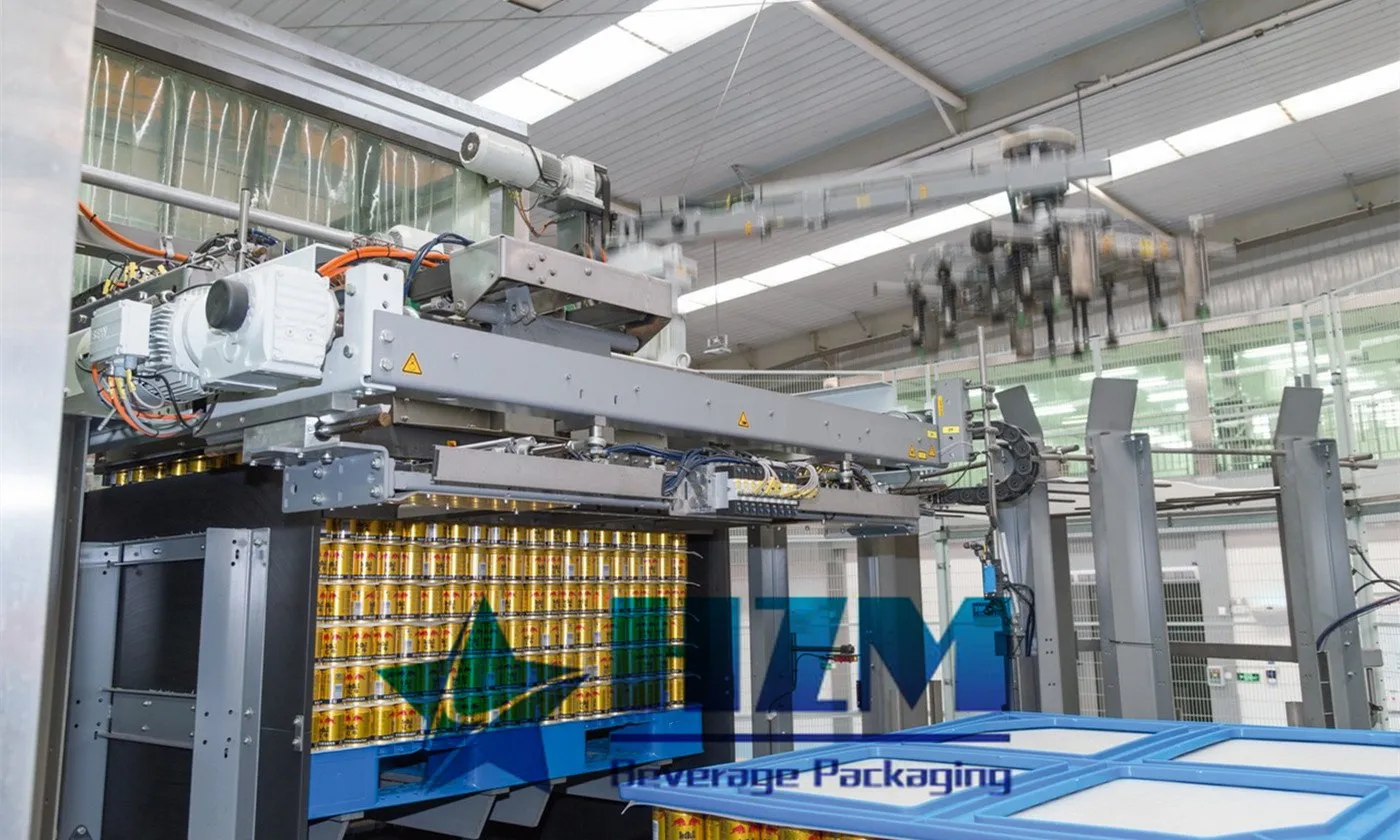
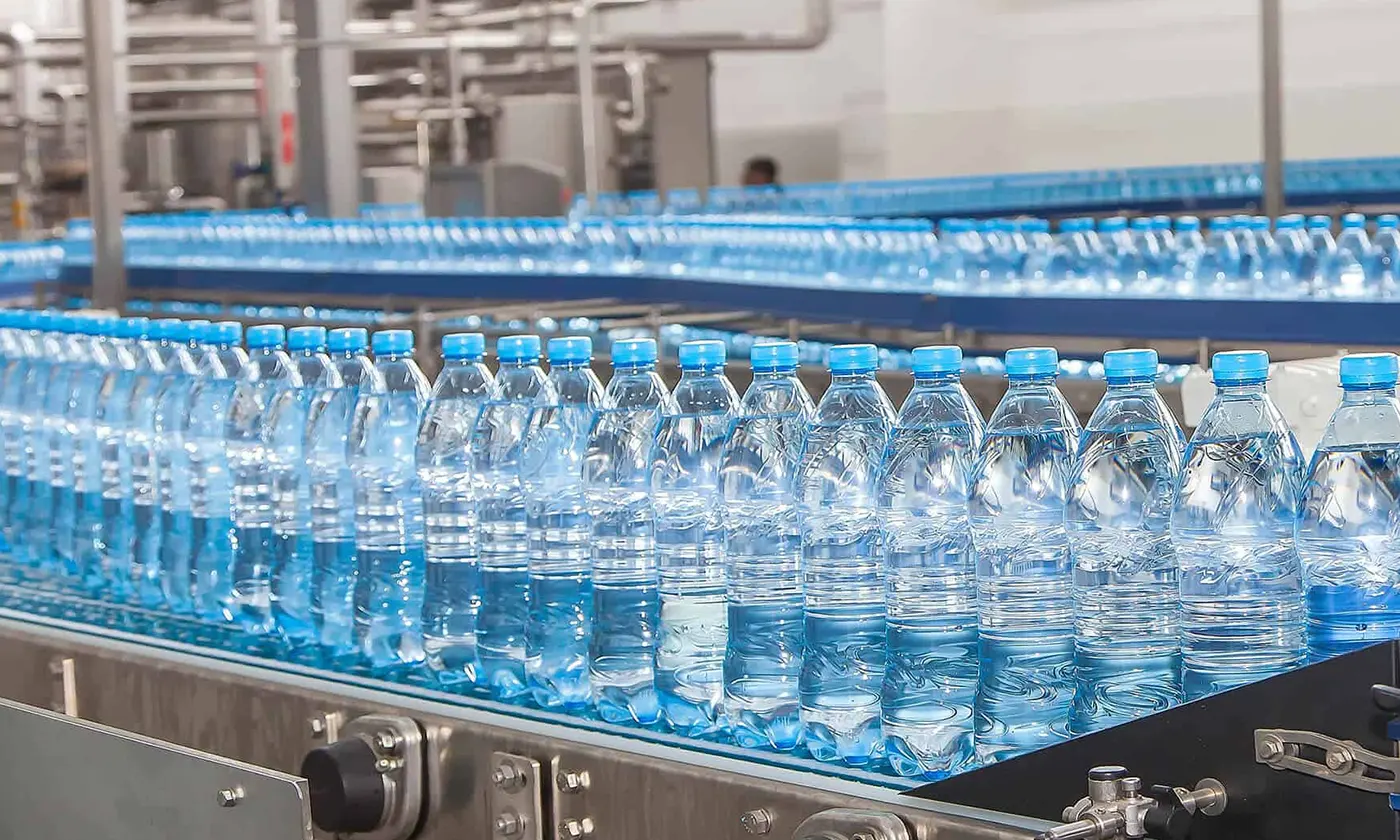
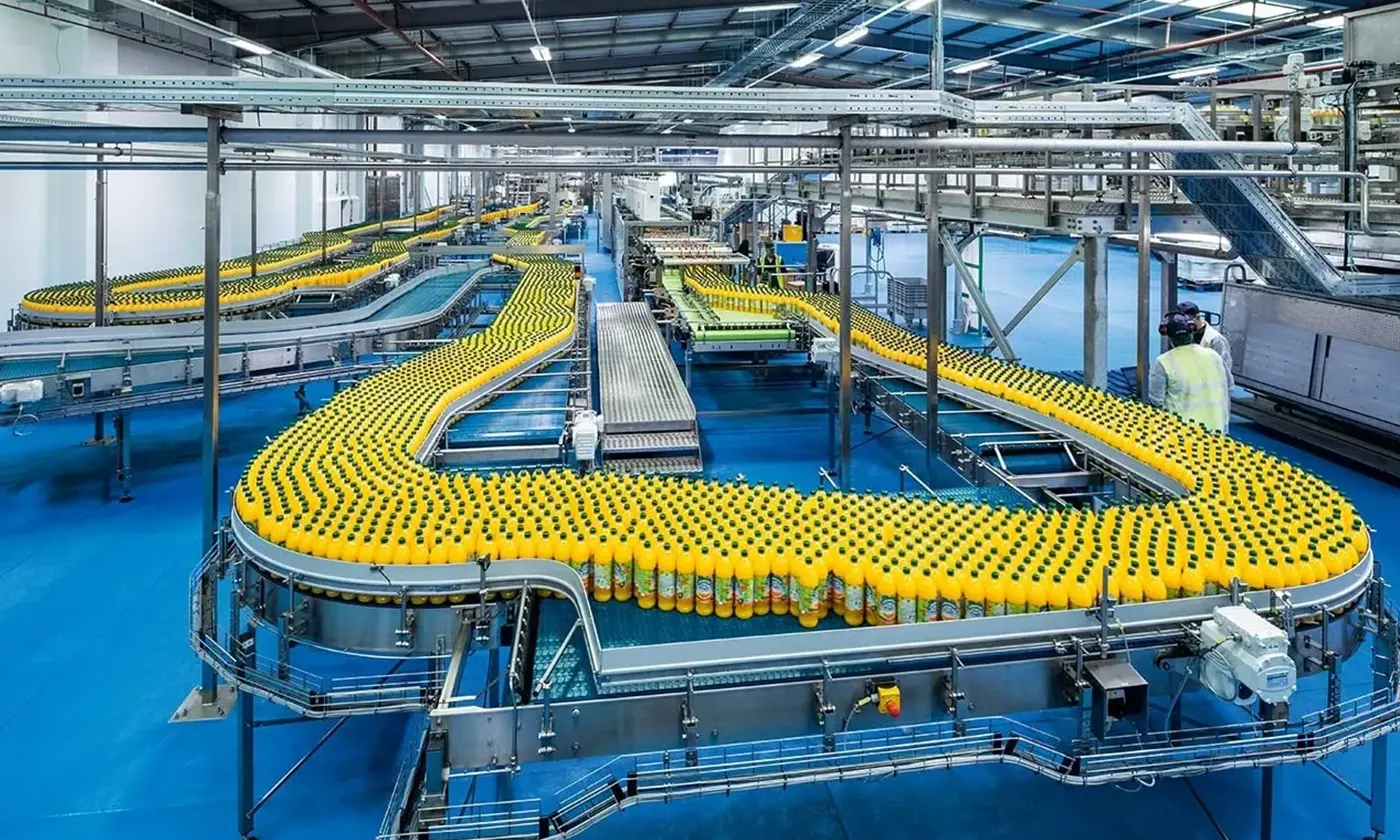
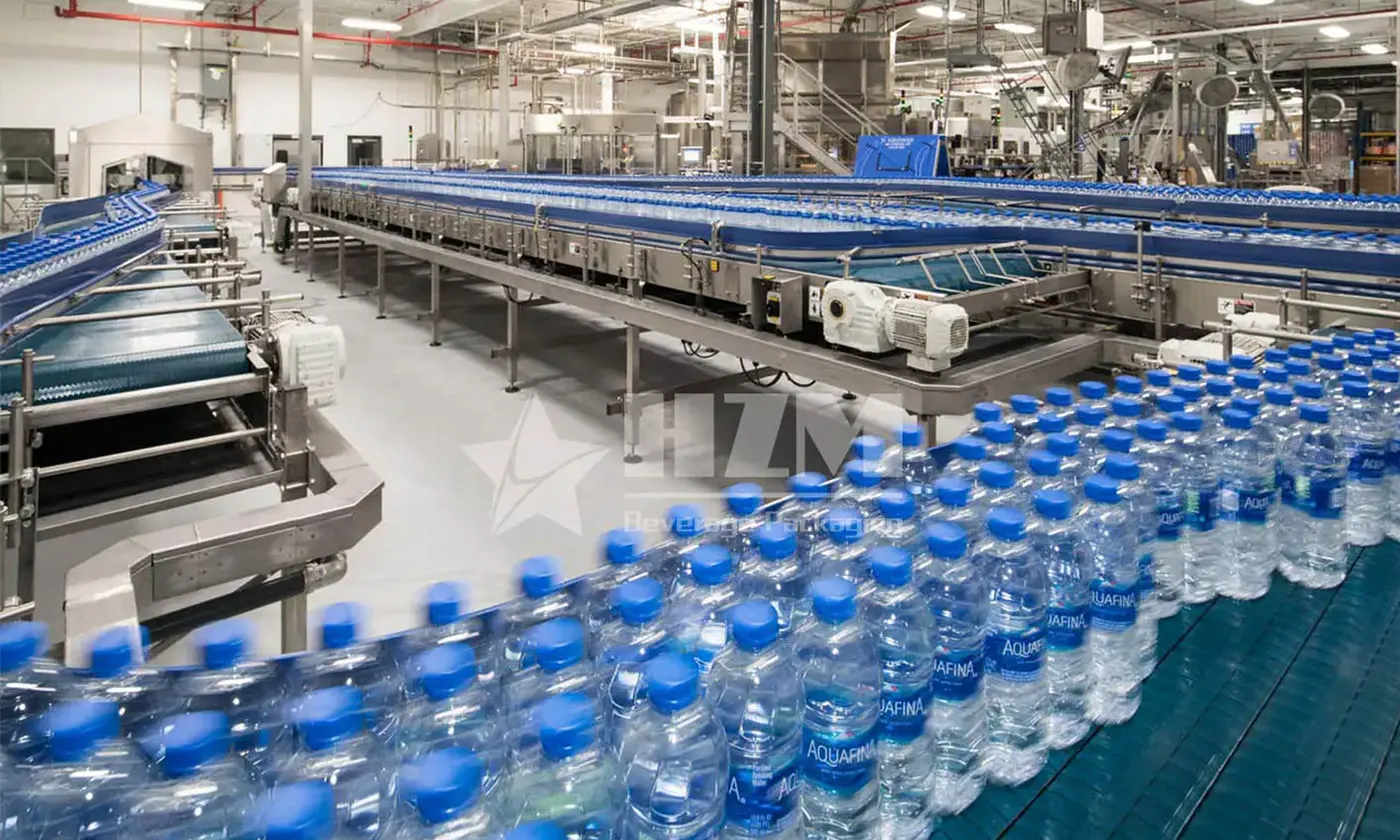
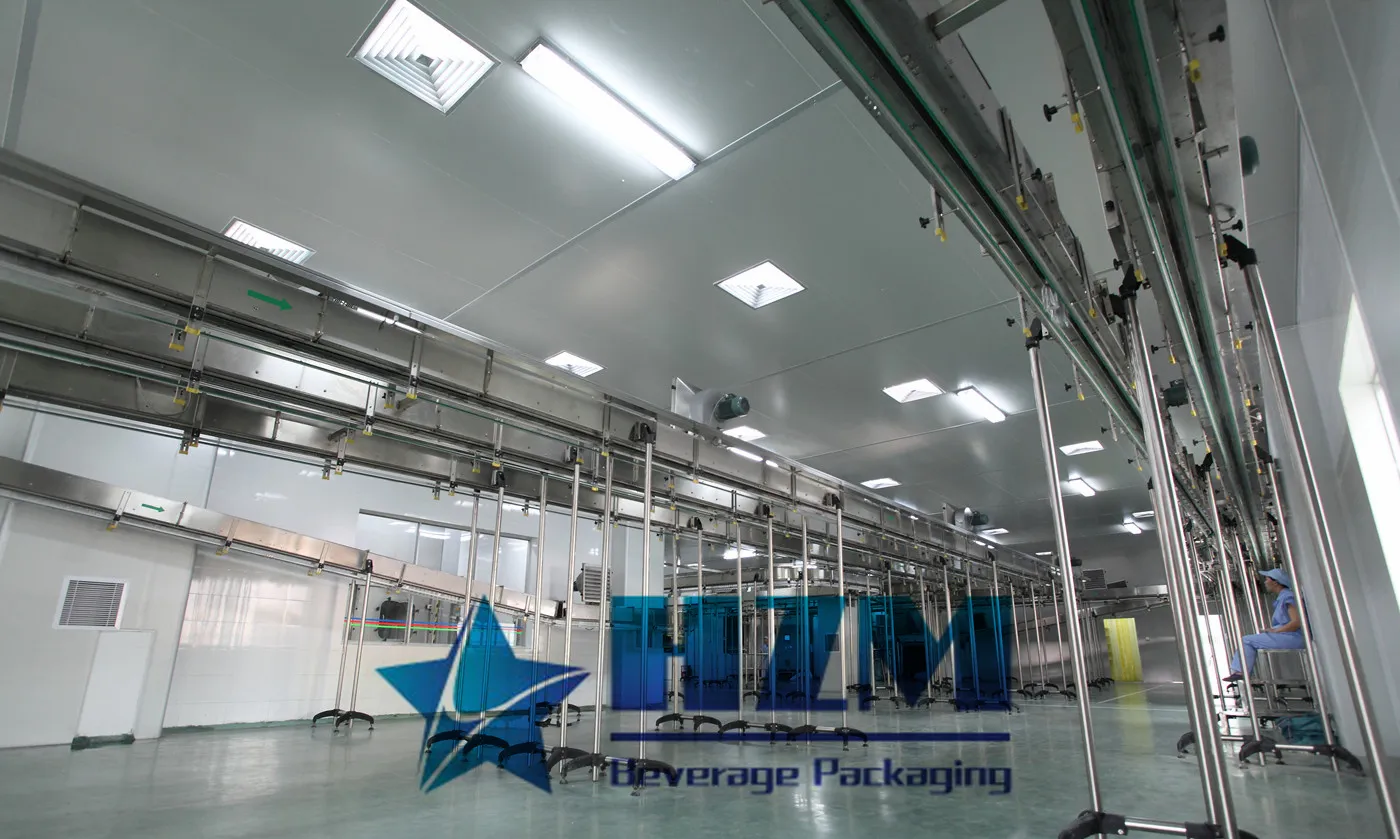
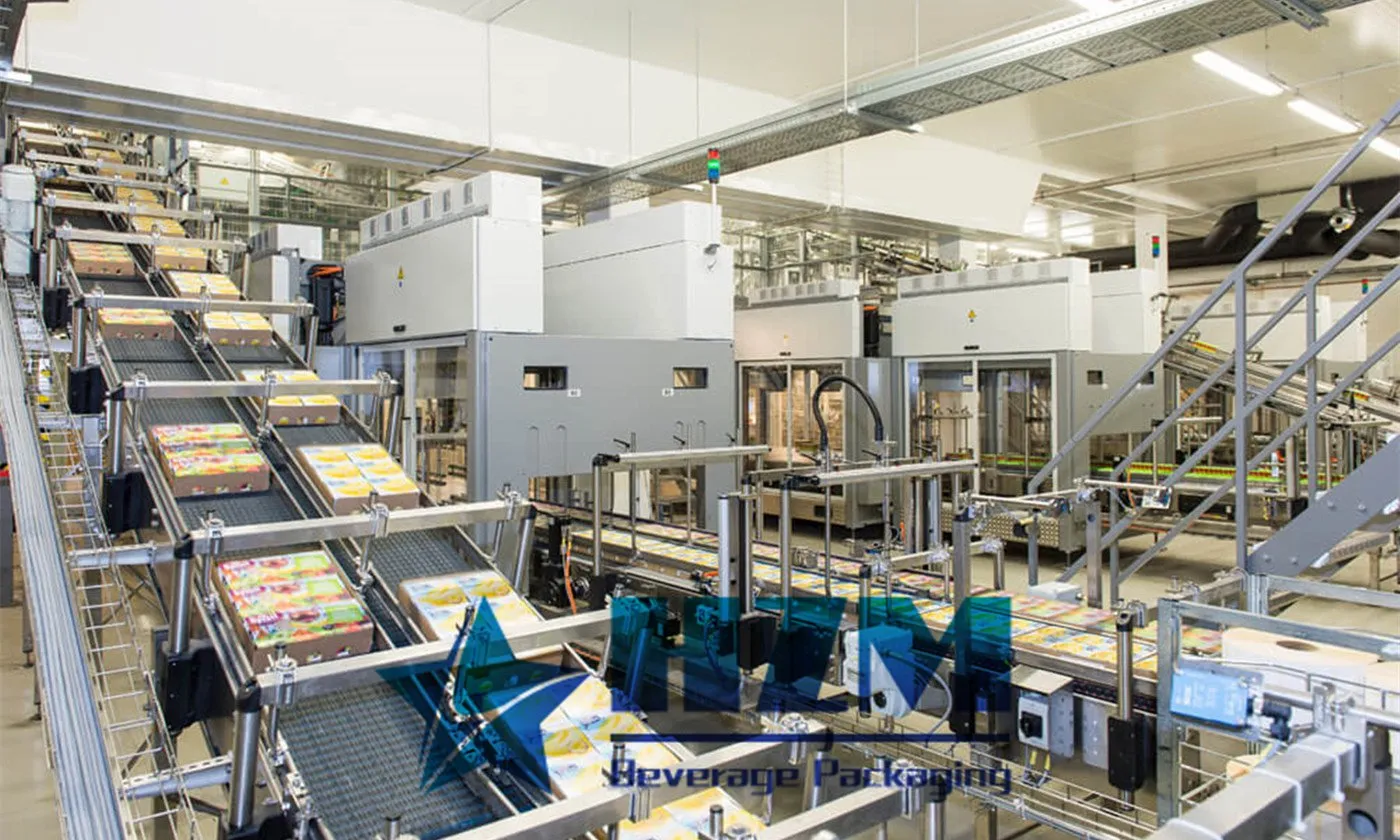
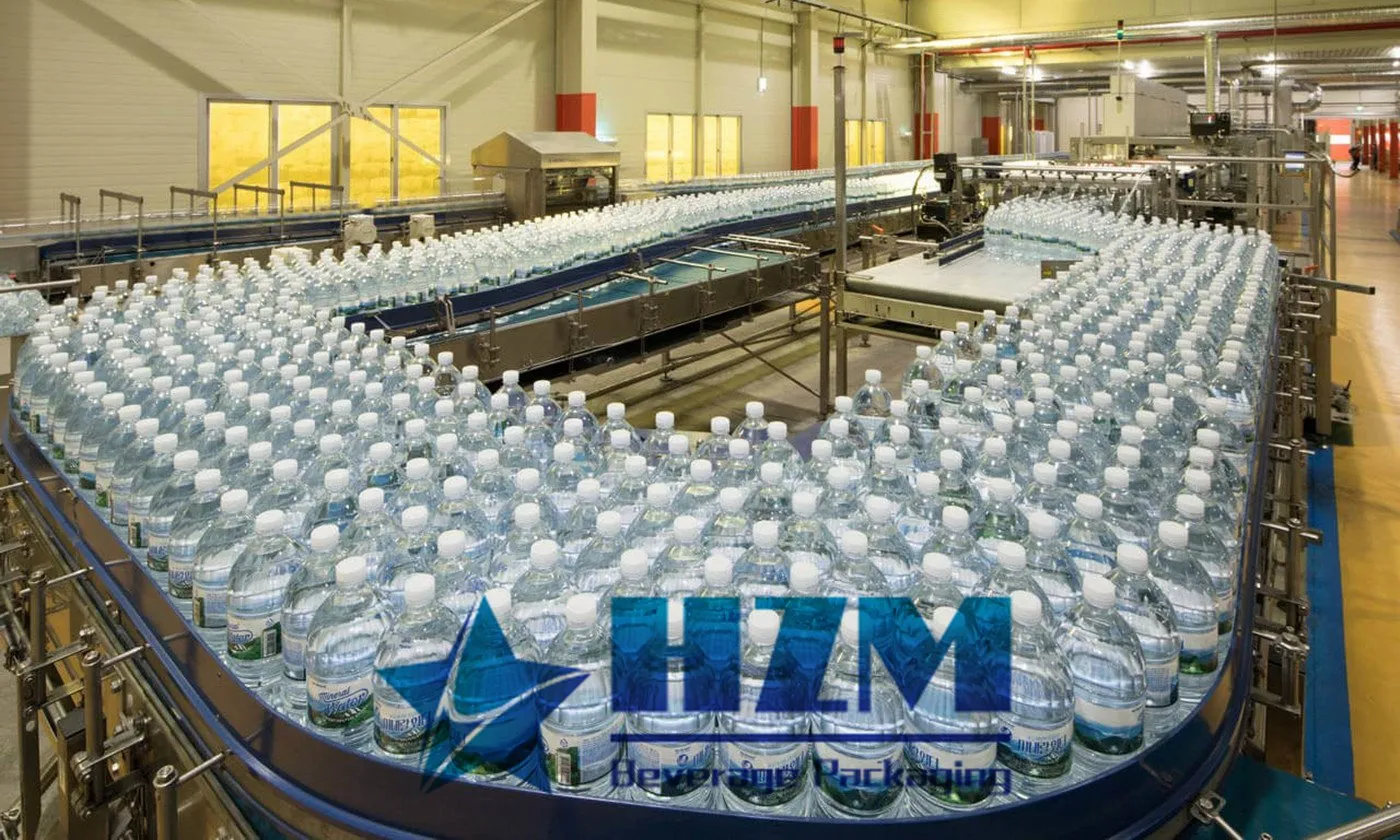
 Home /
Home / 